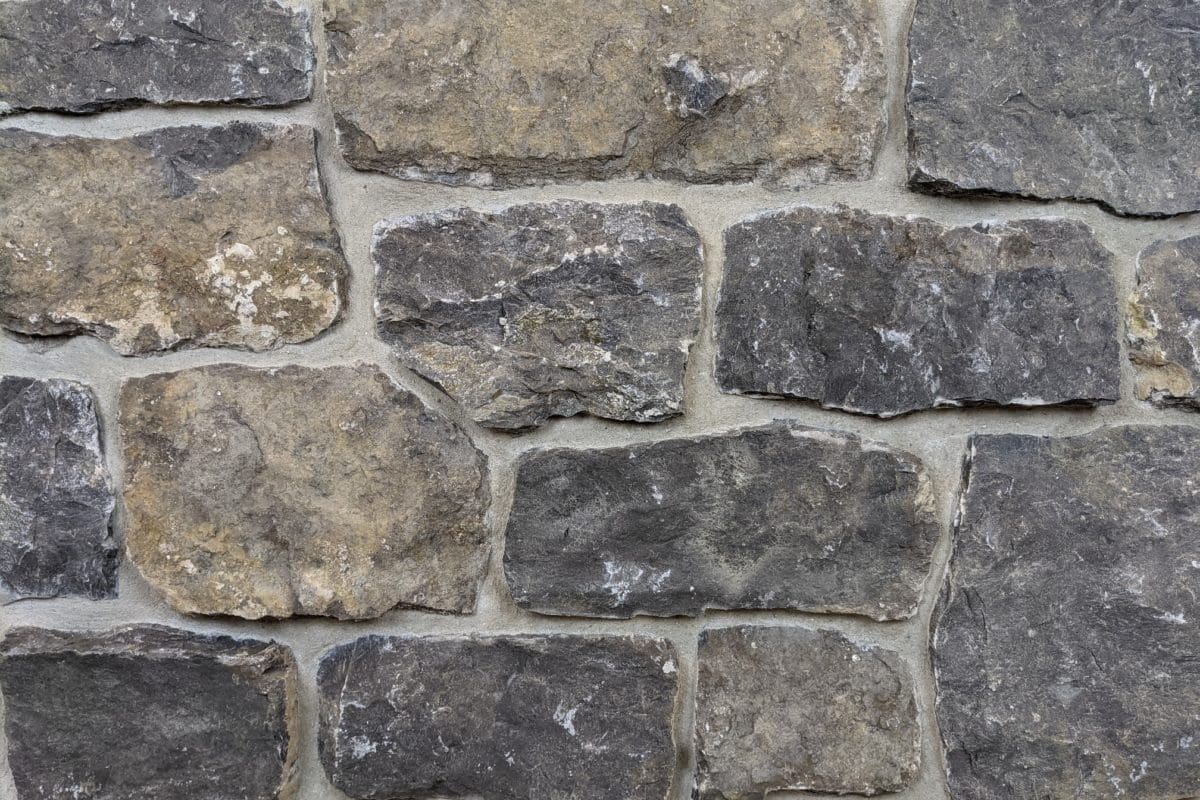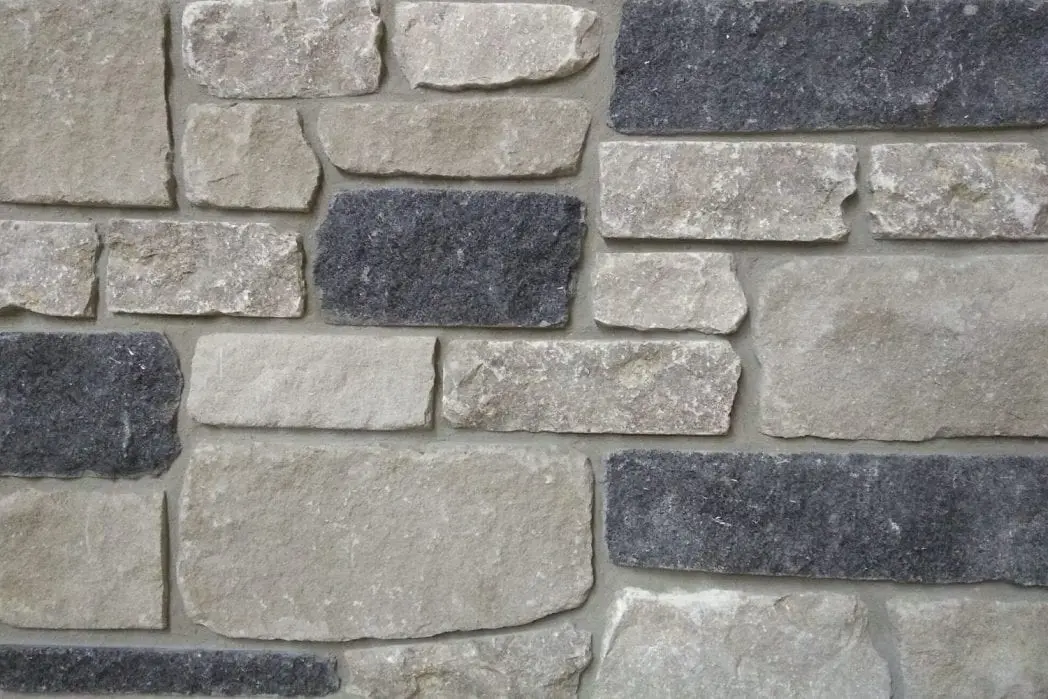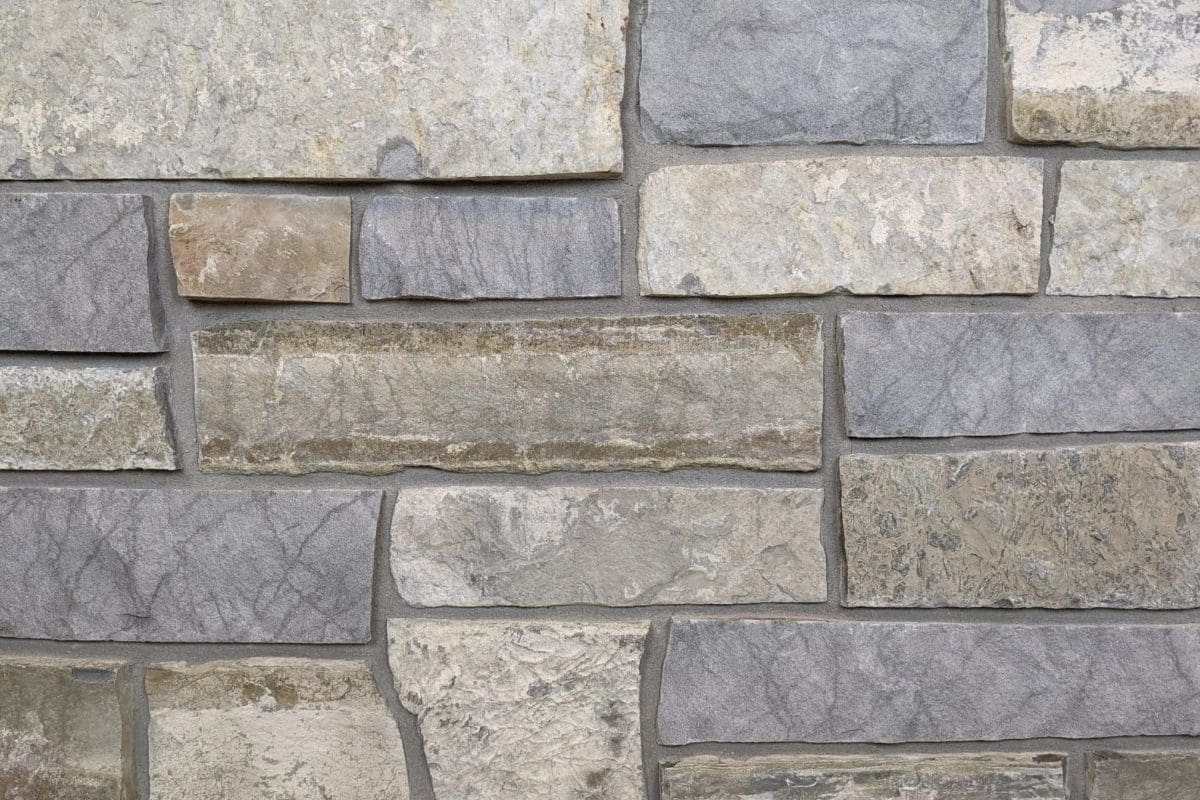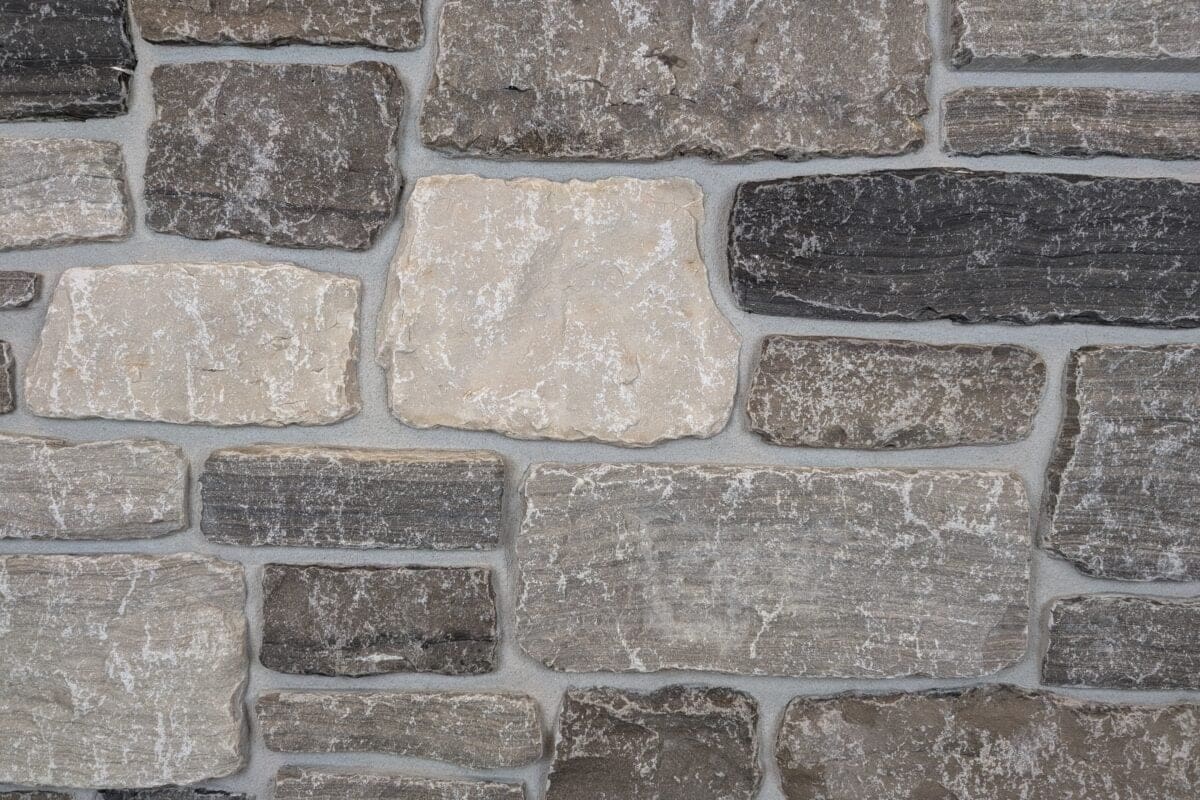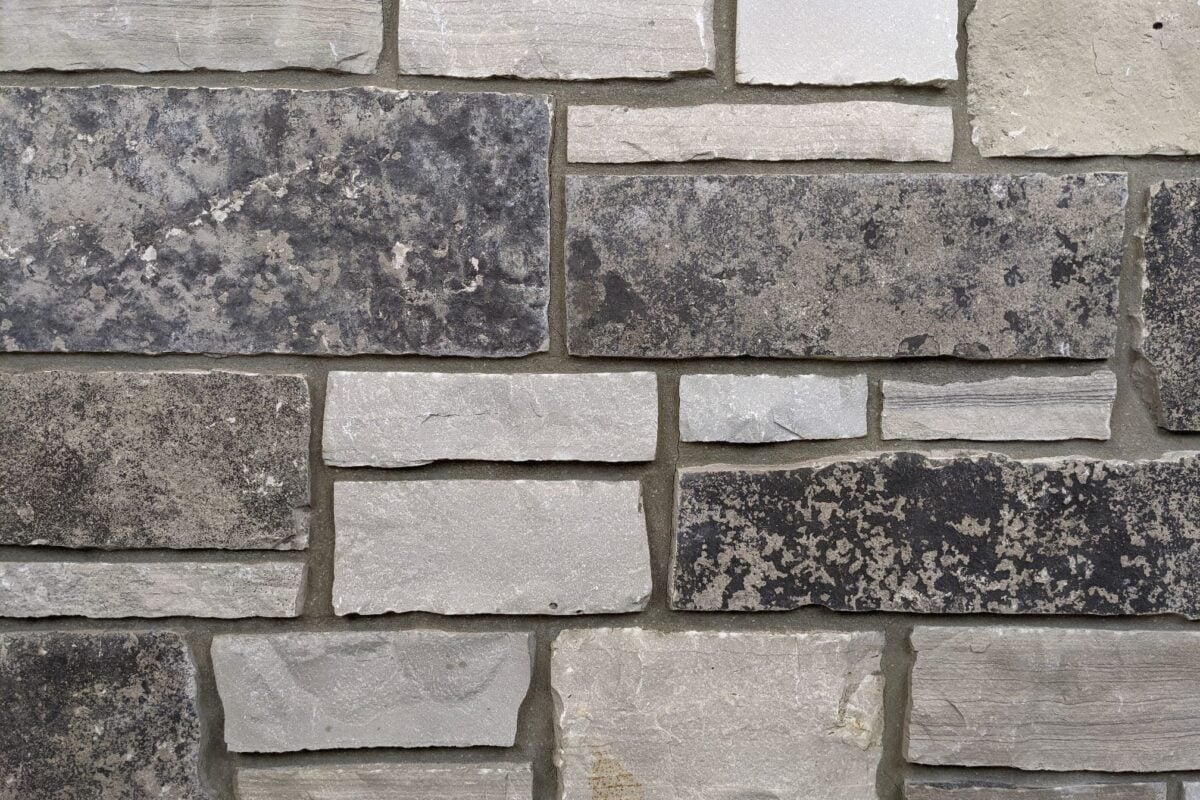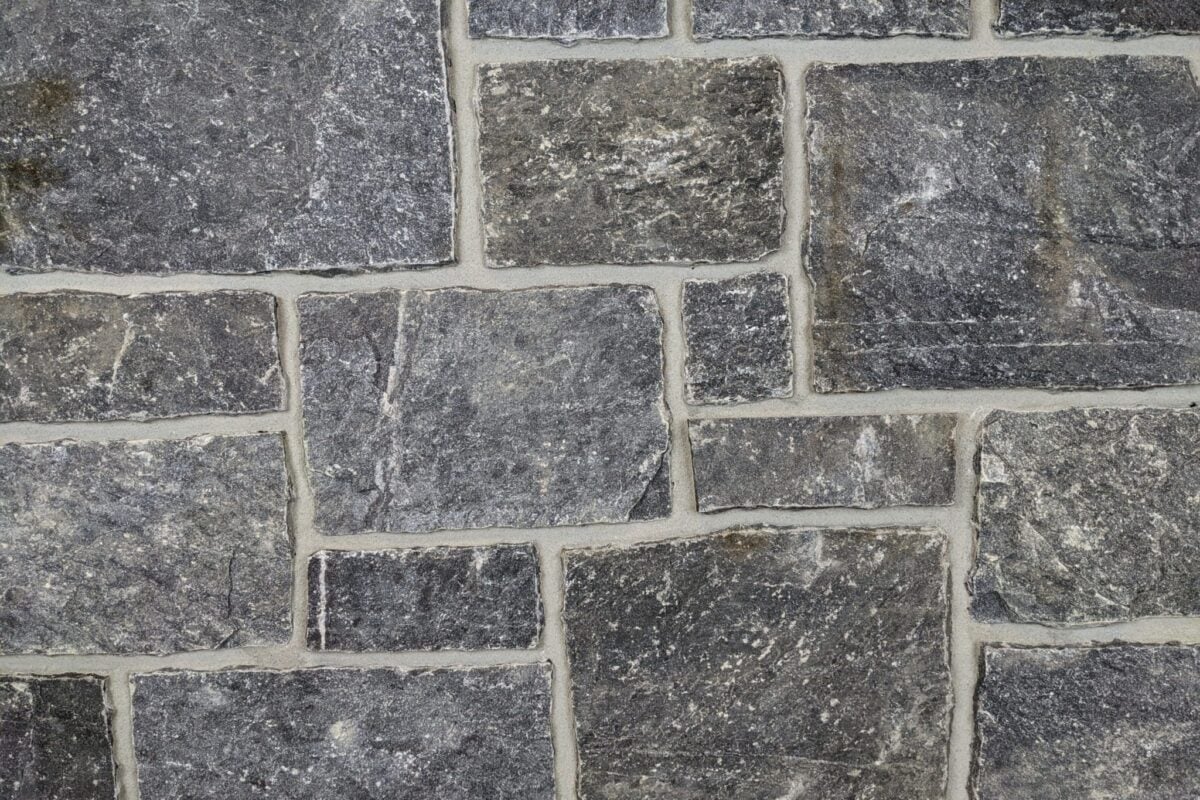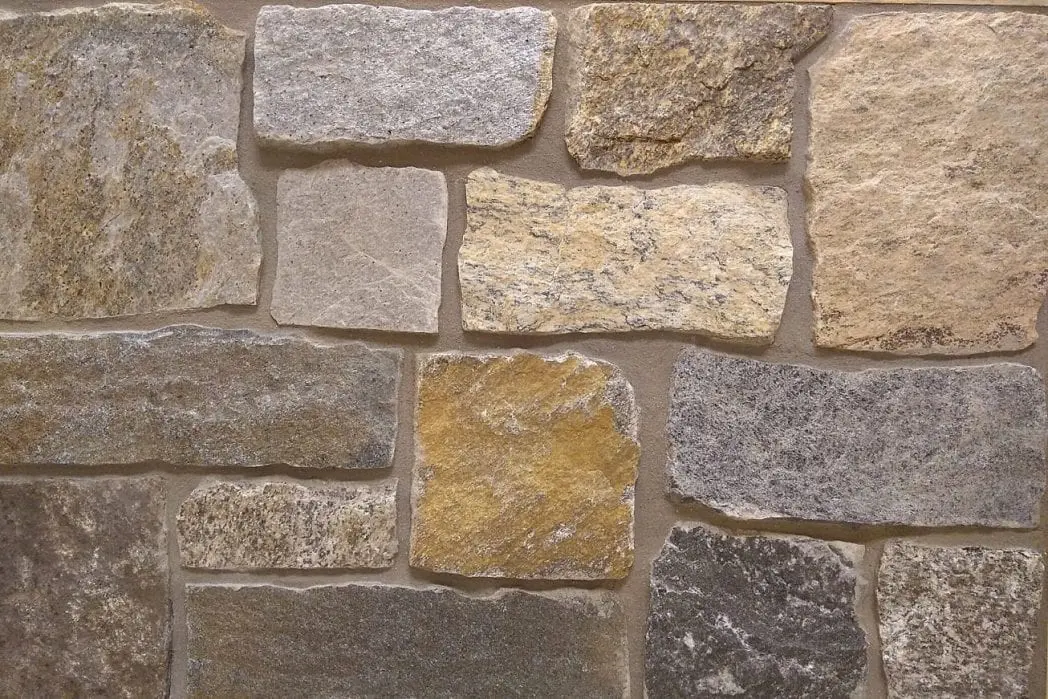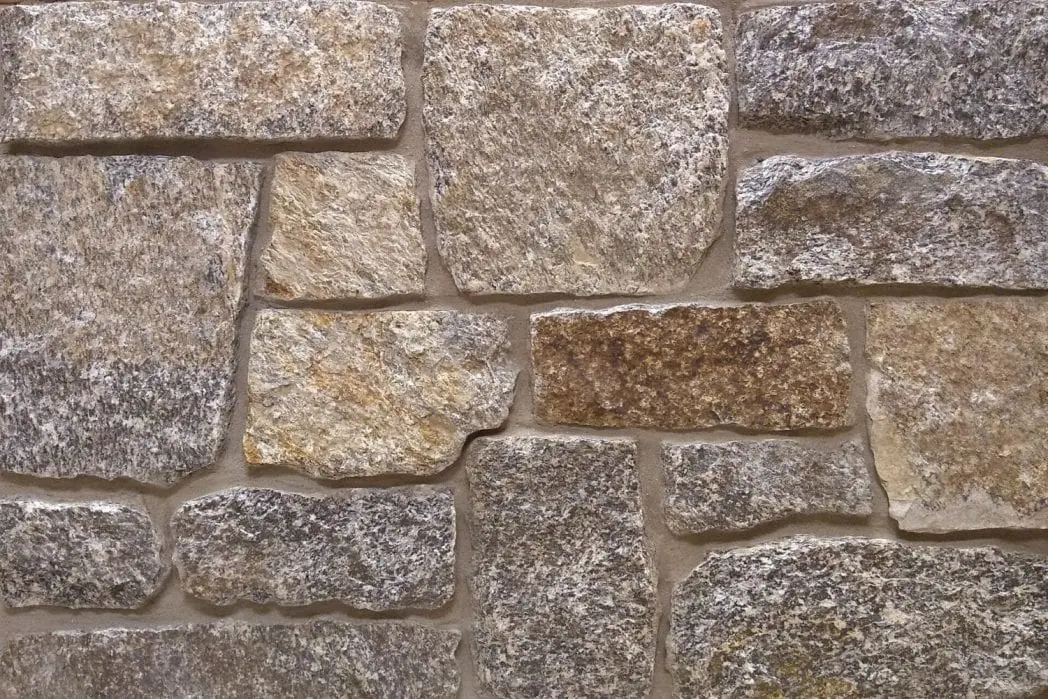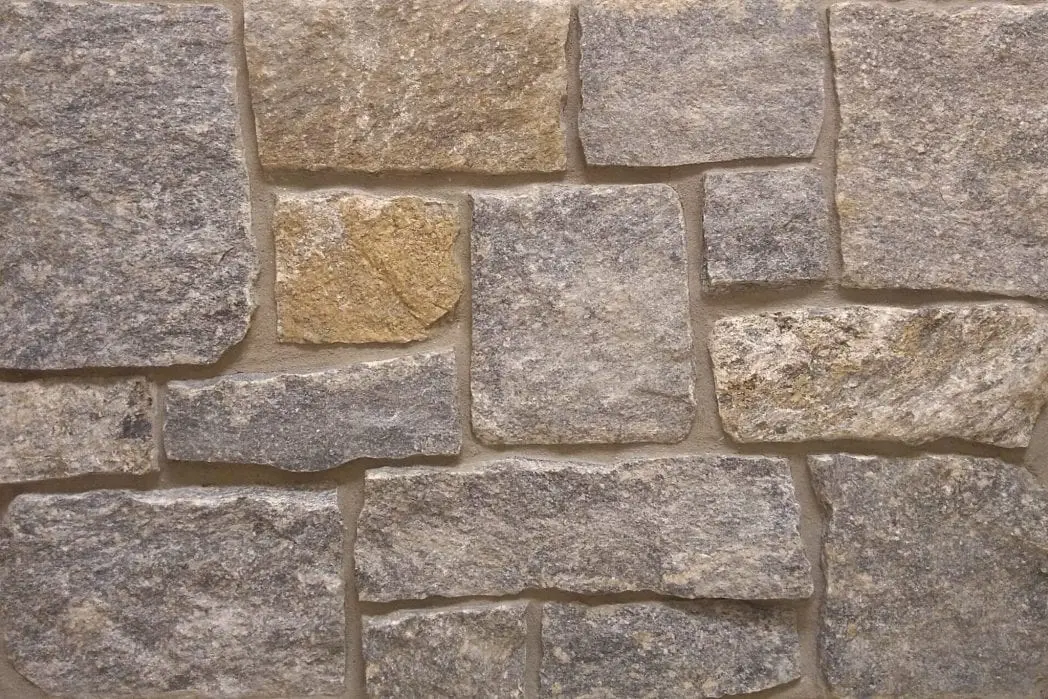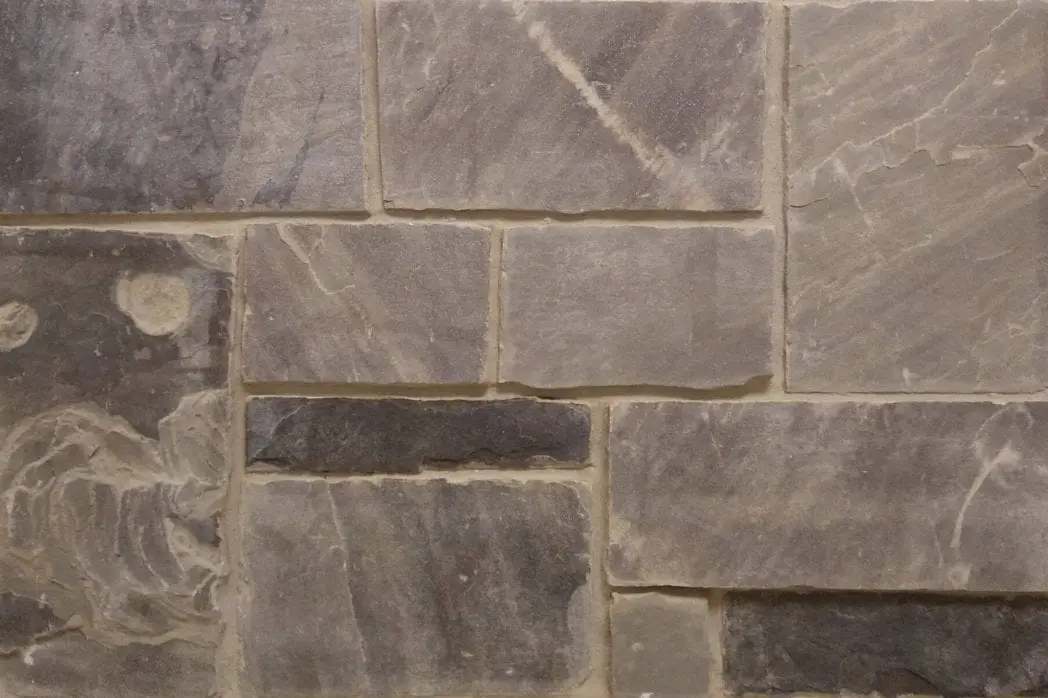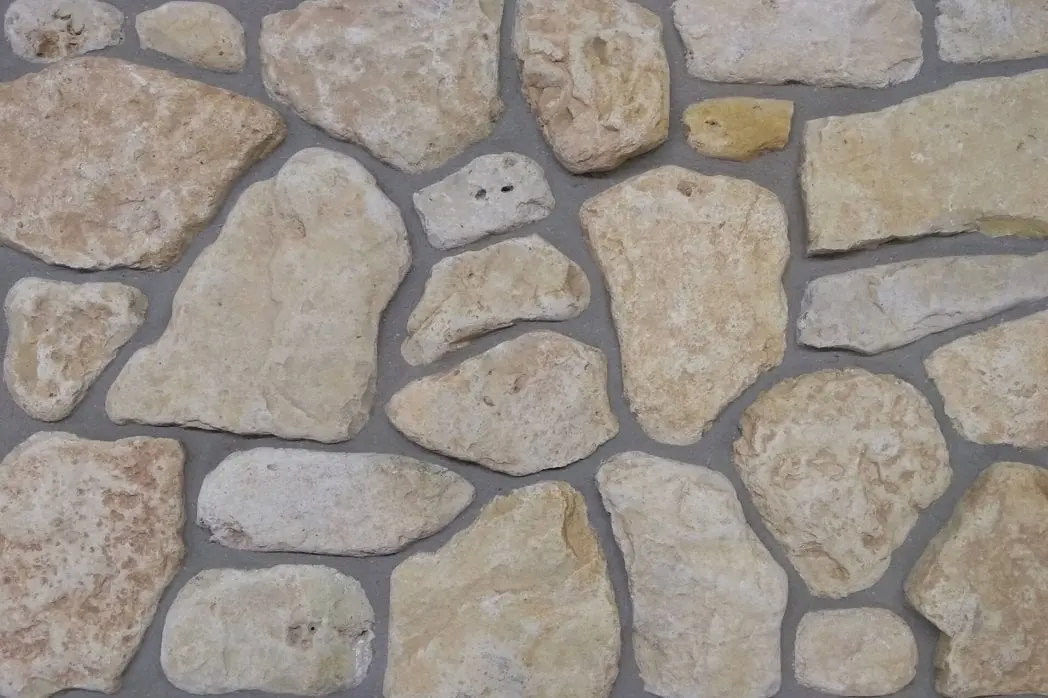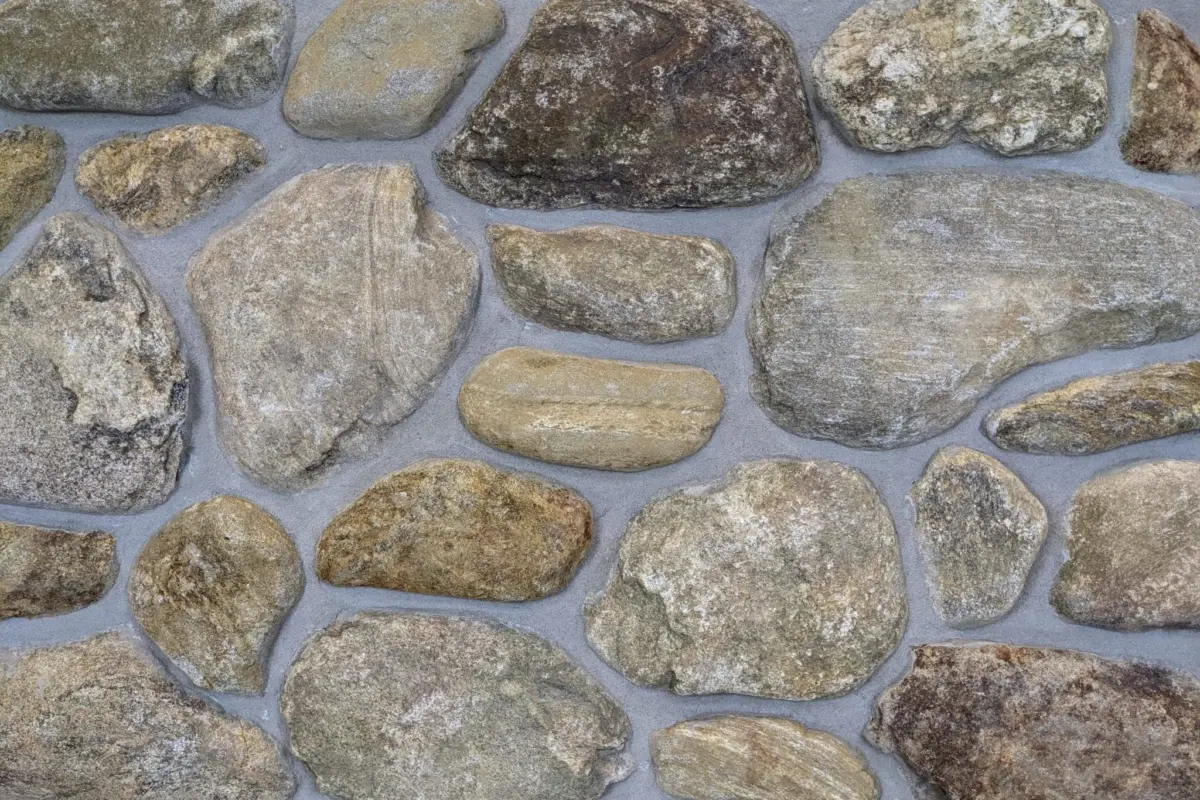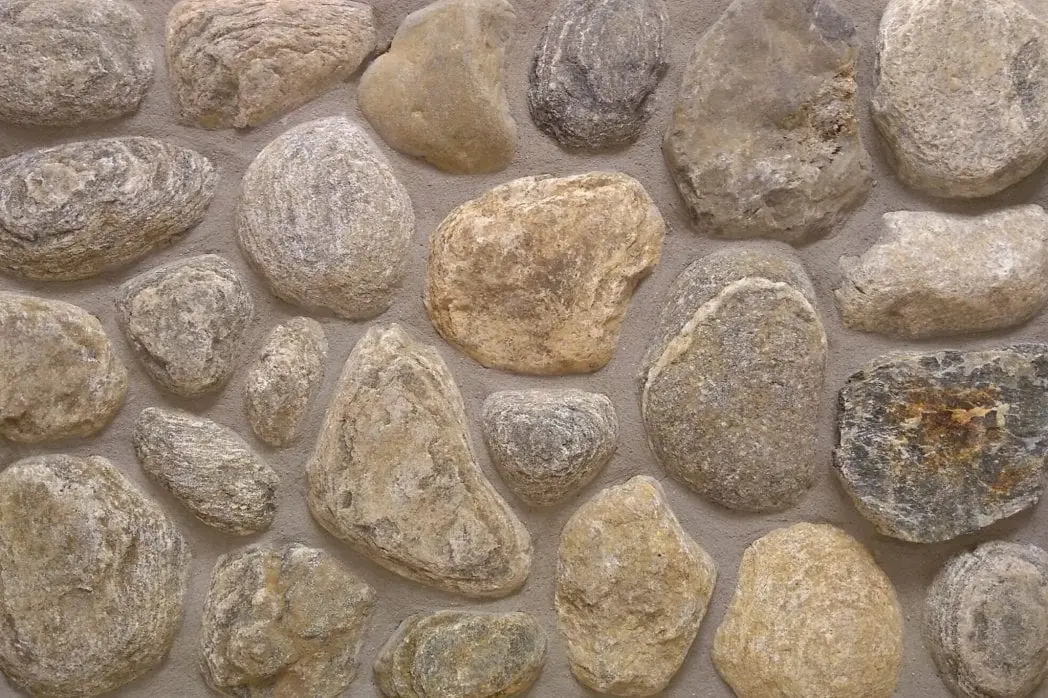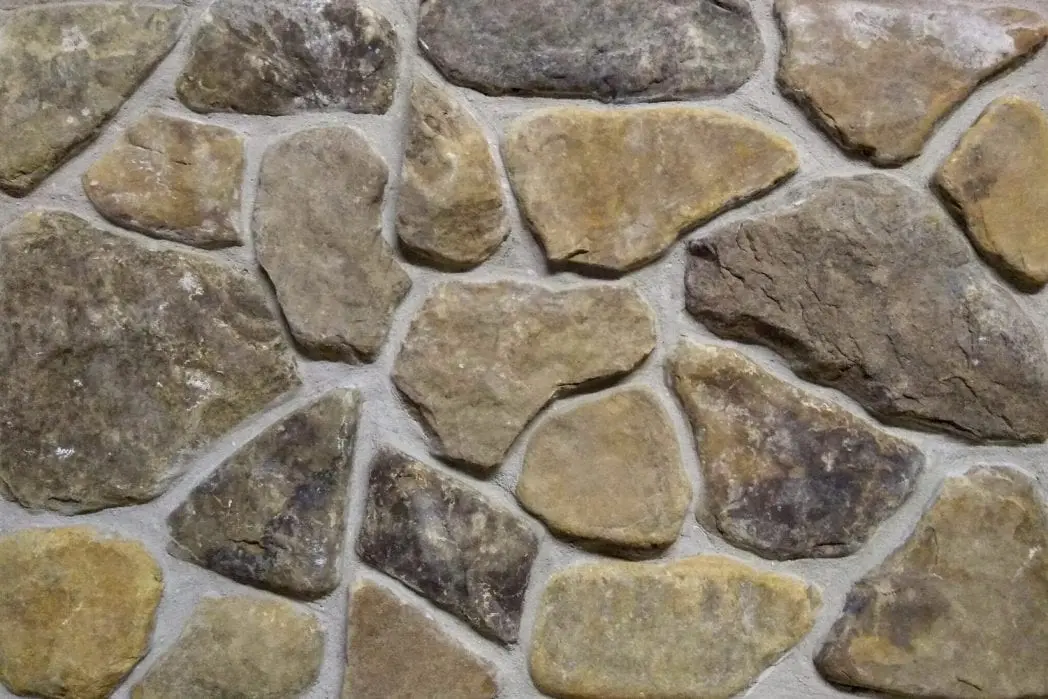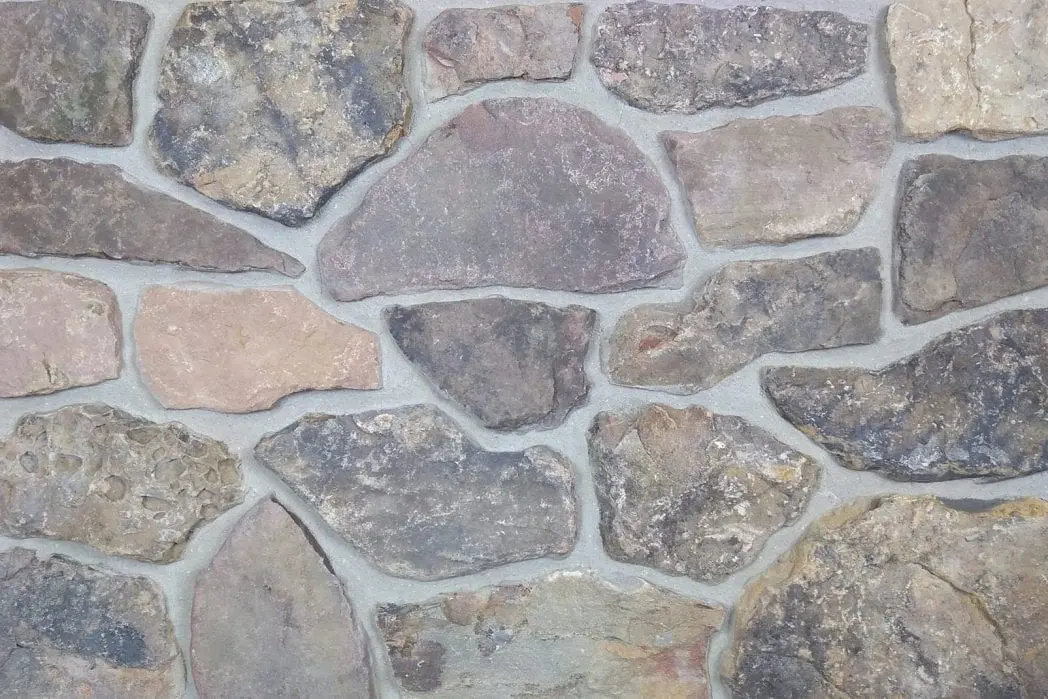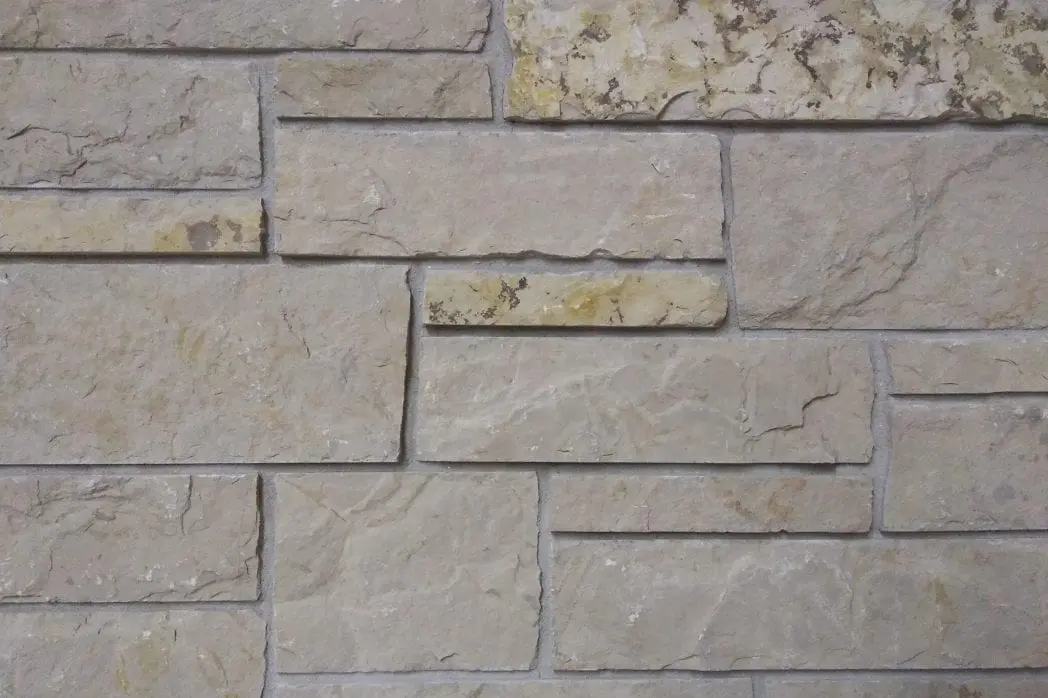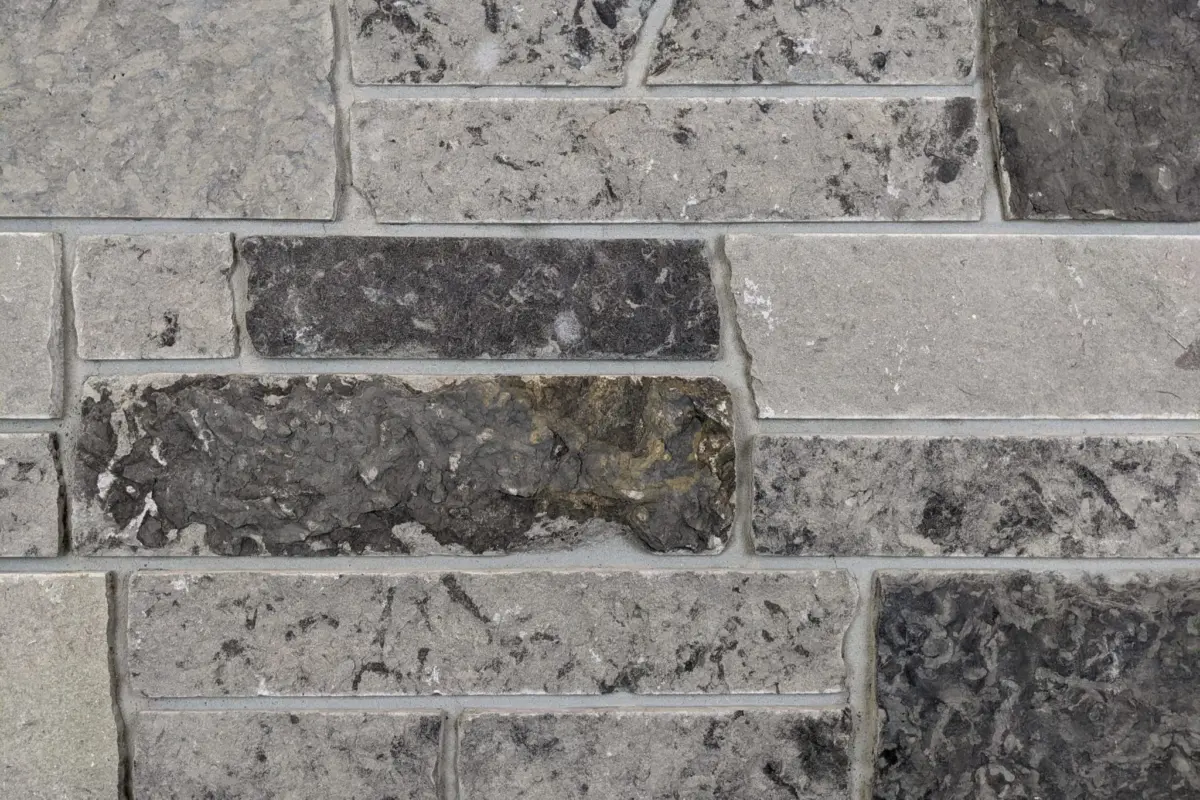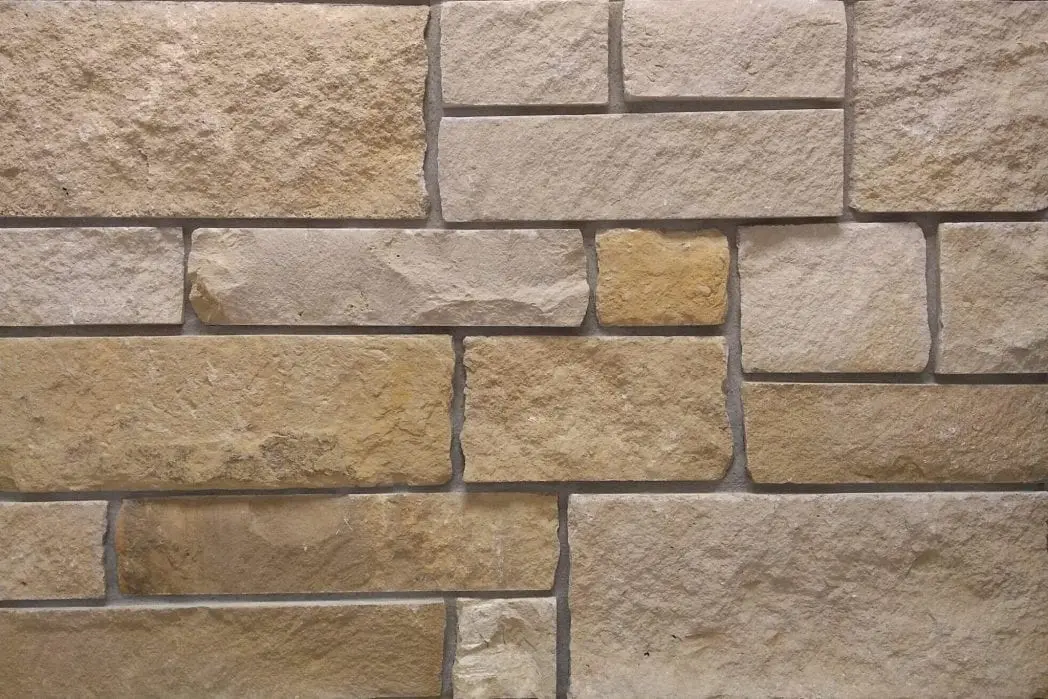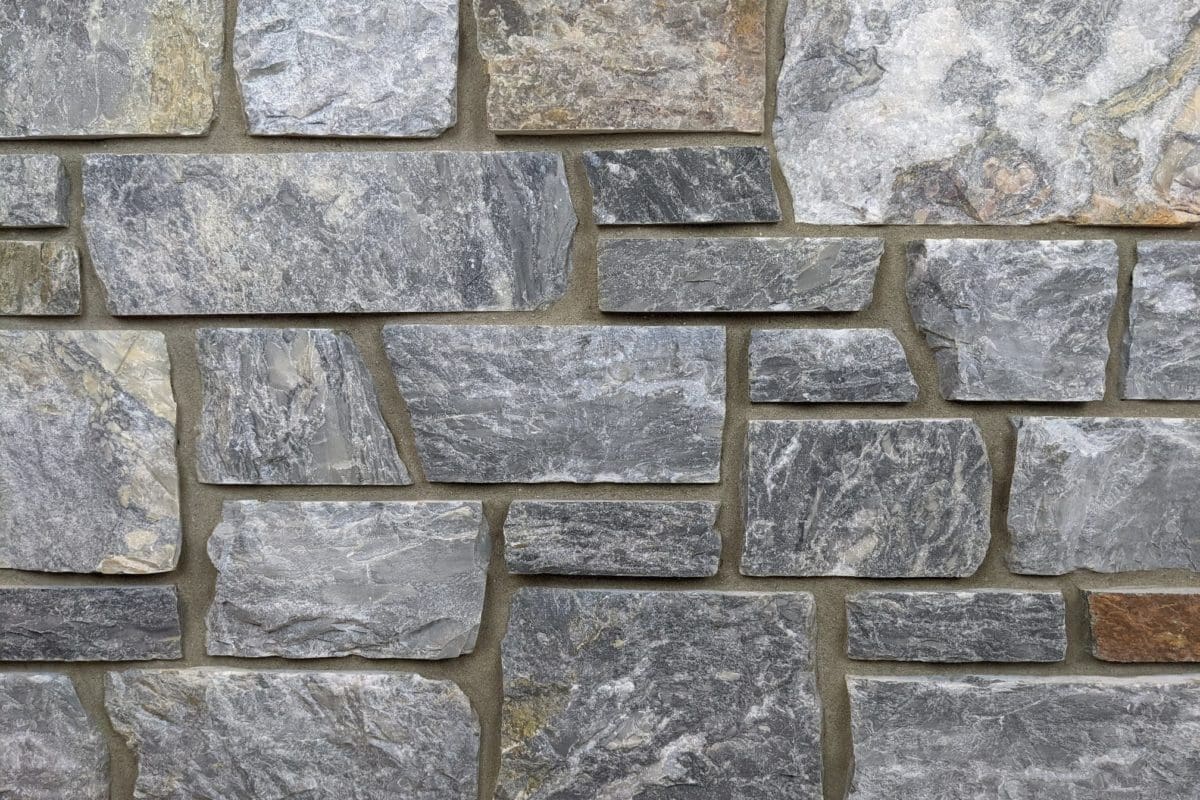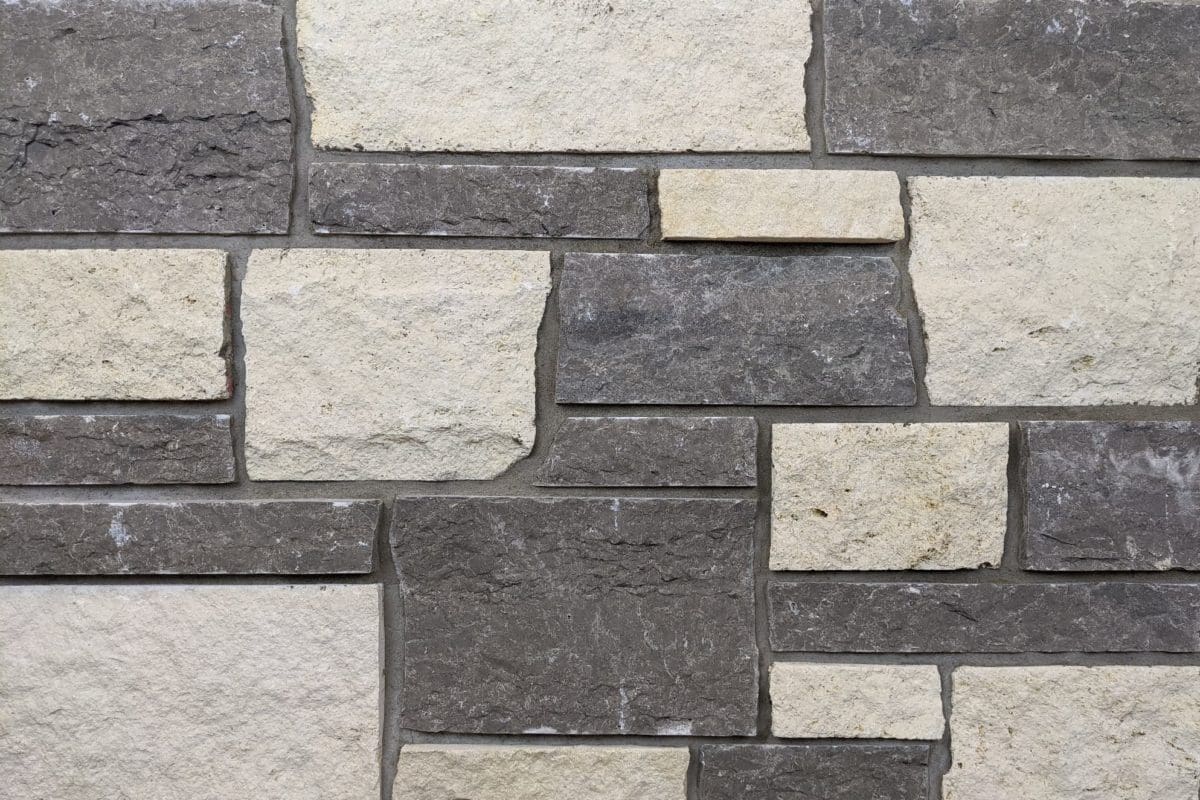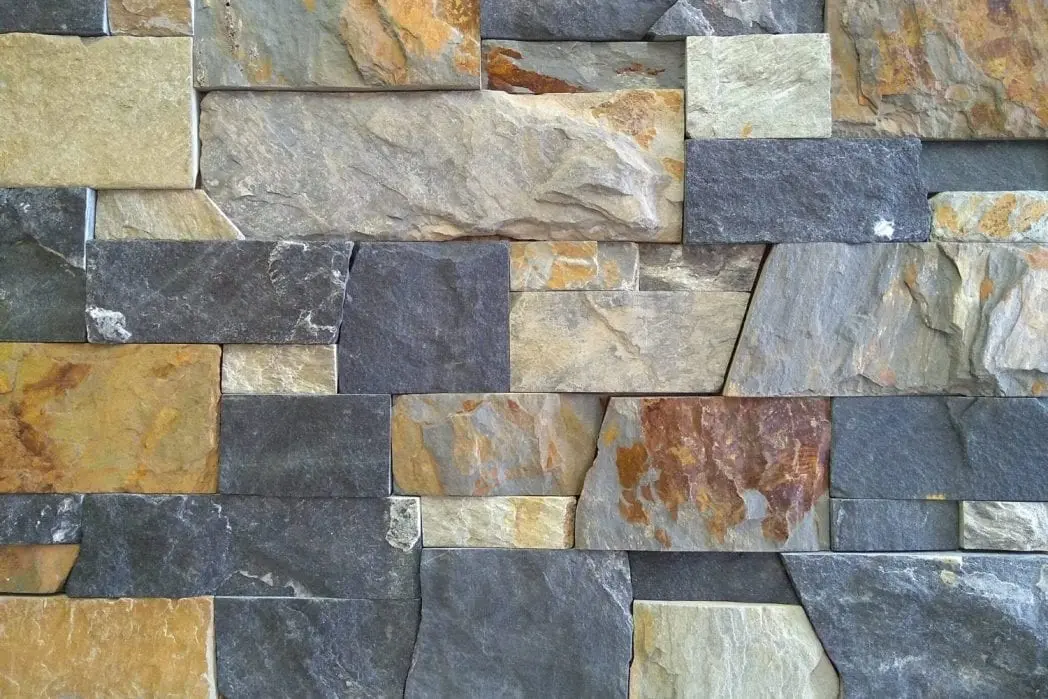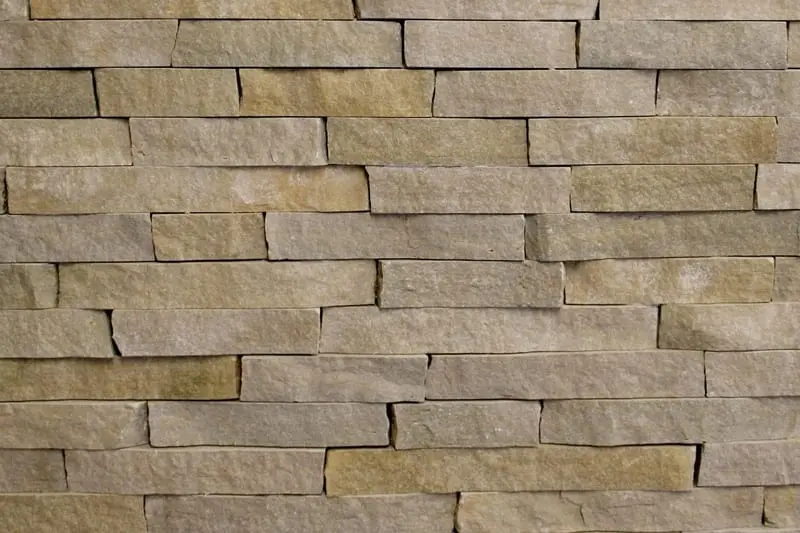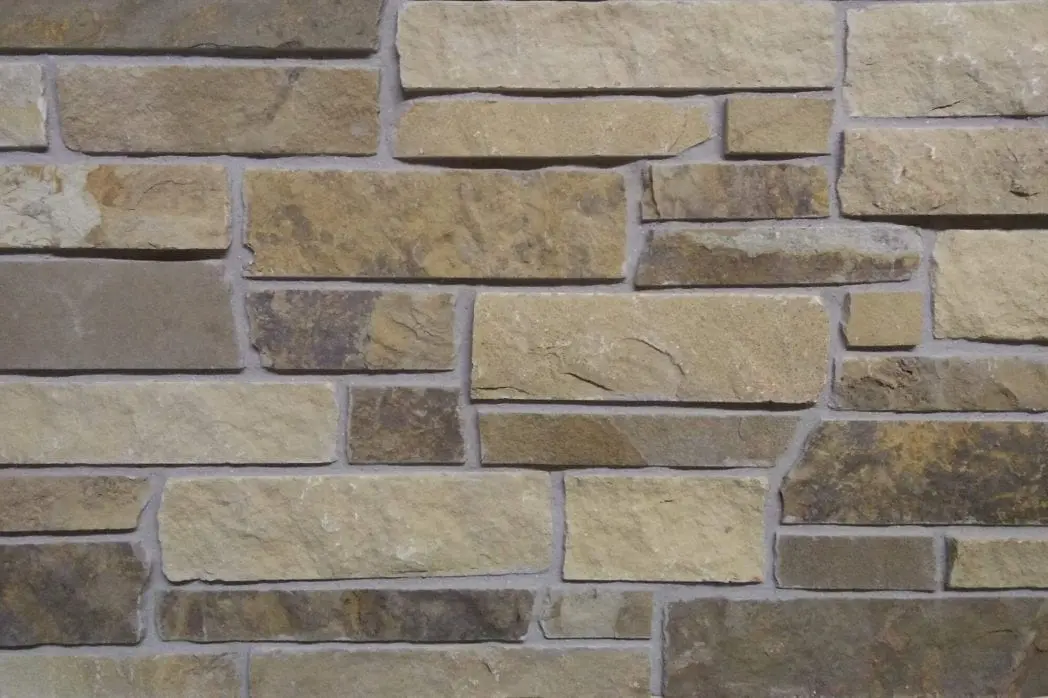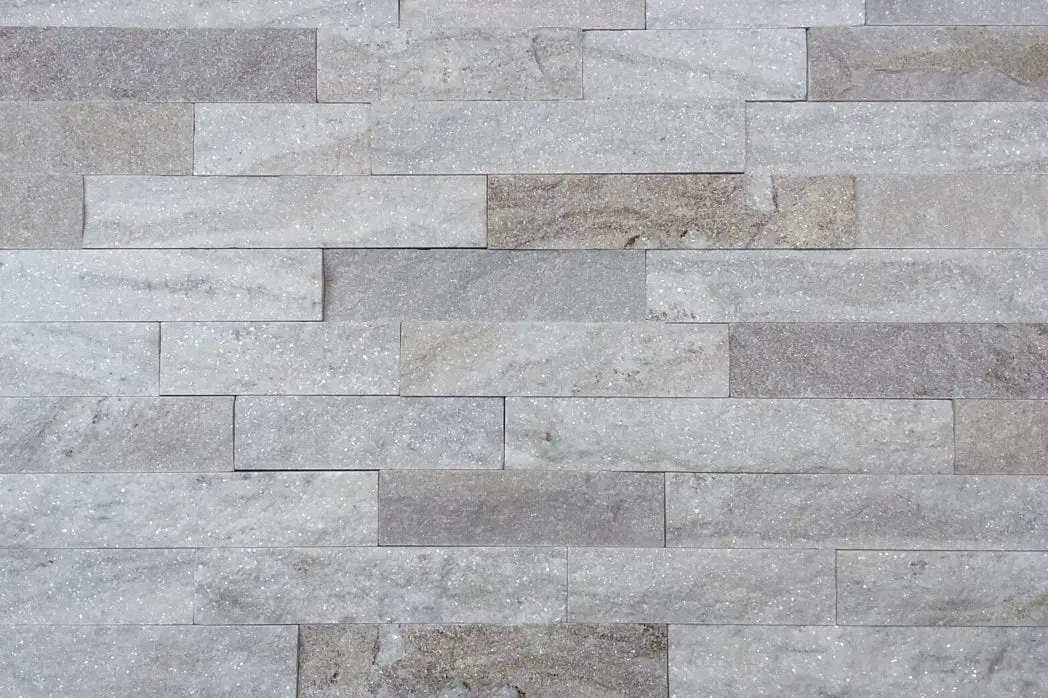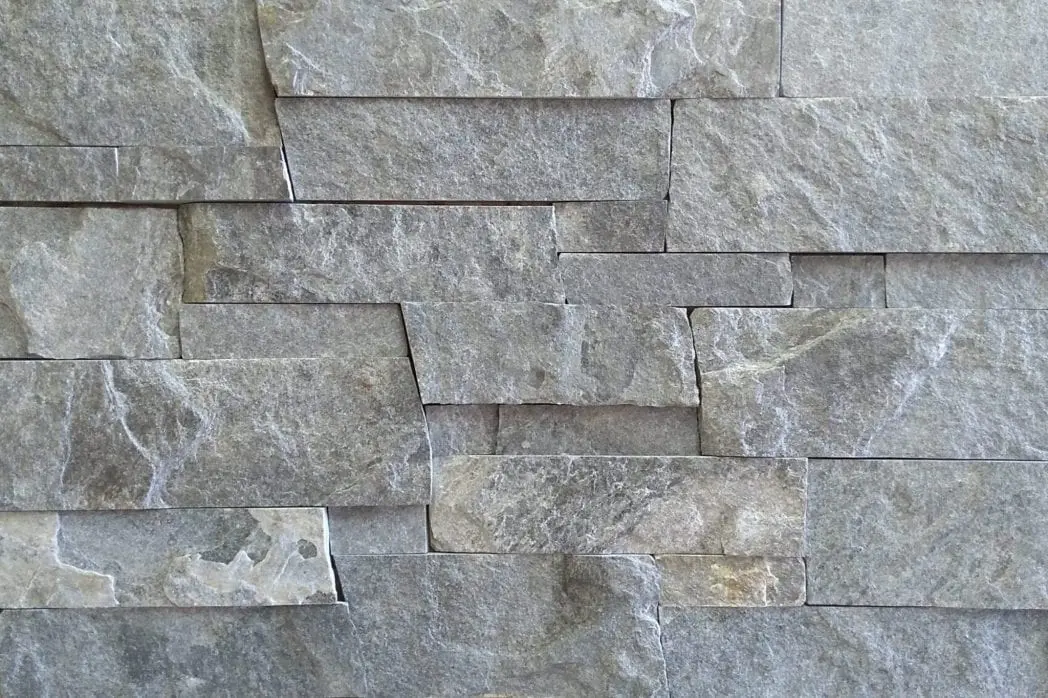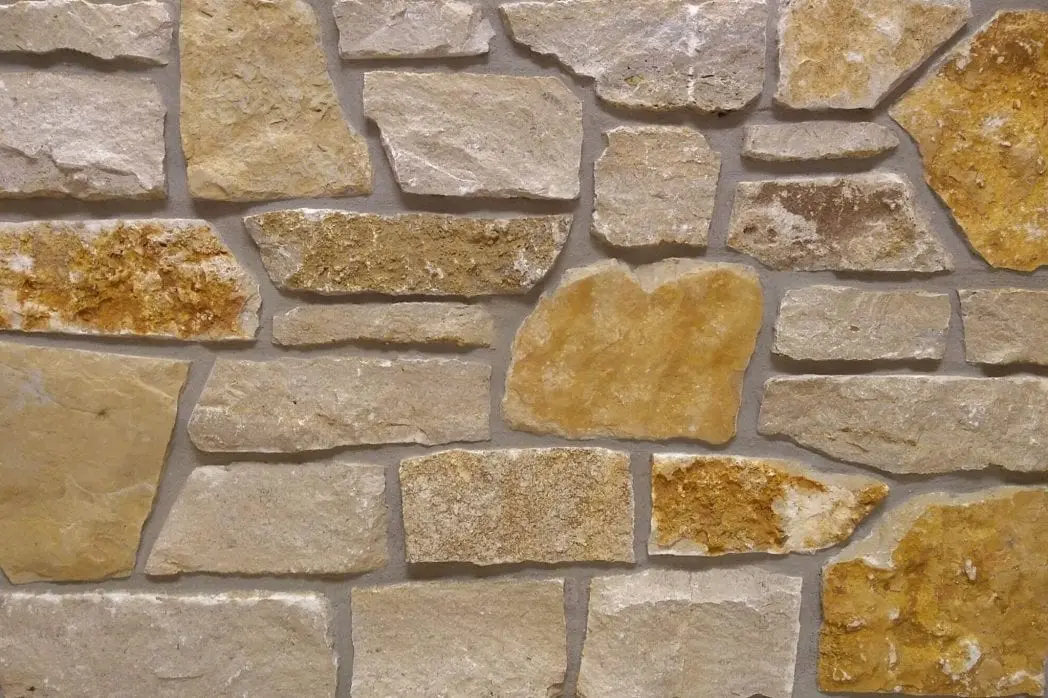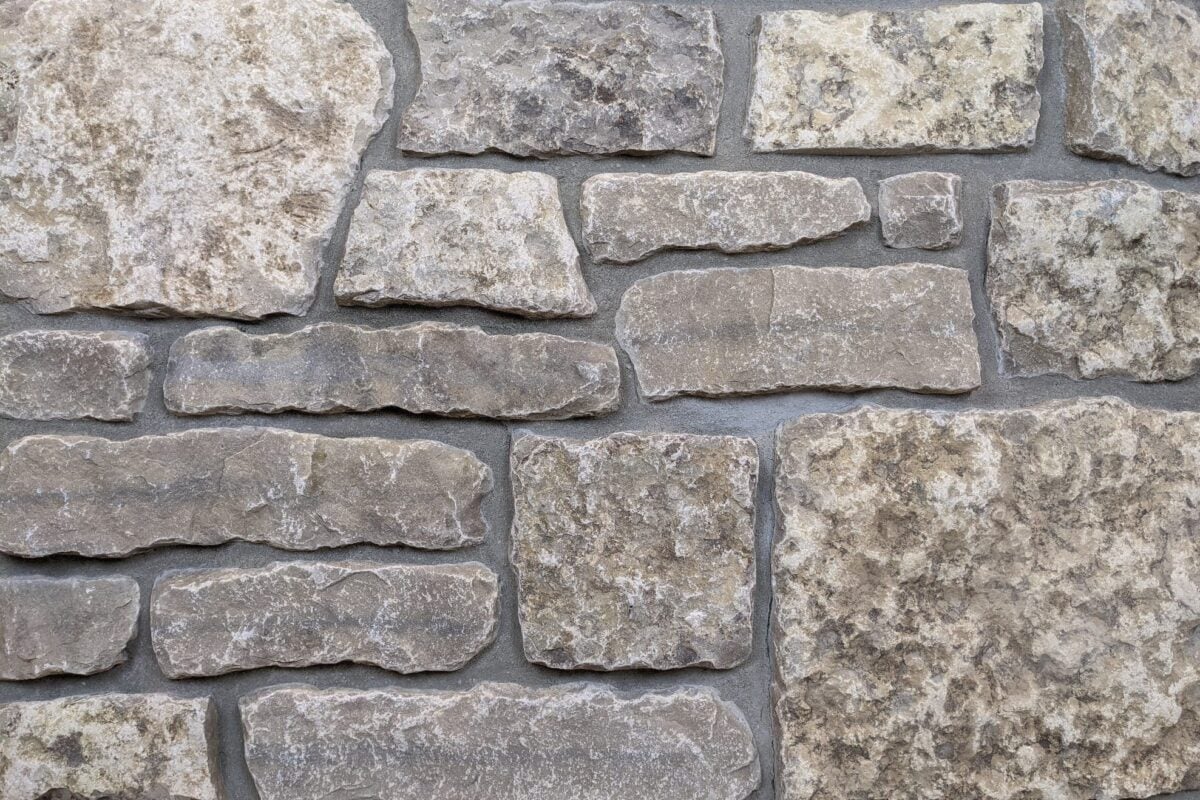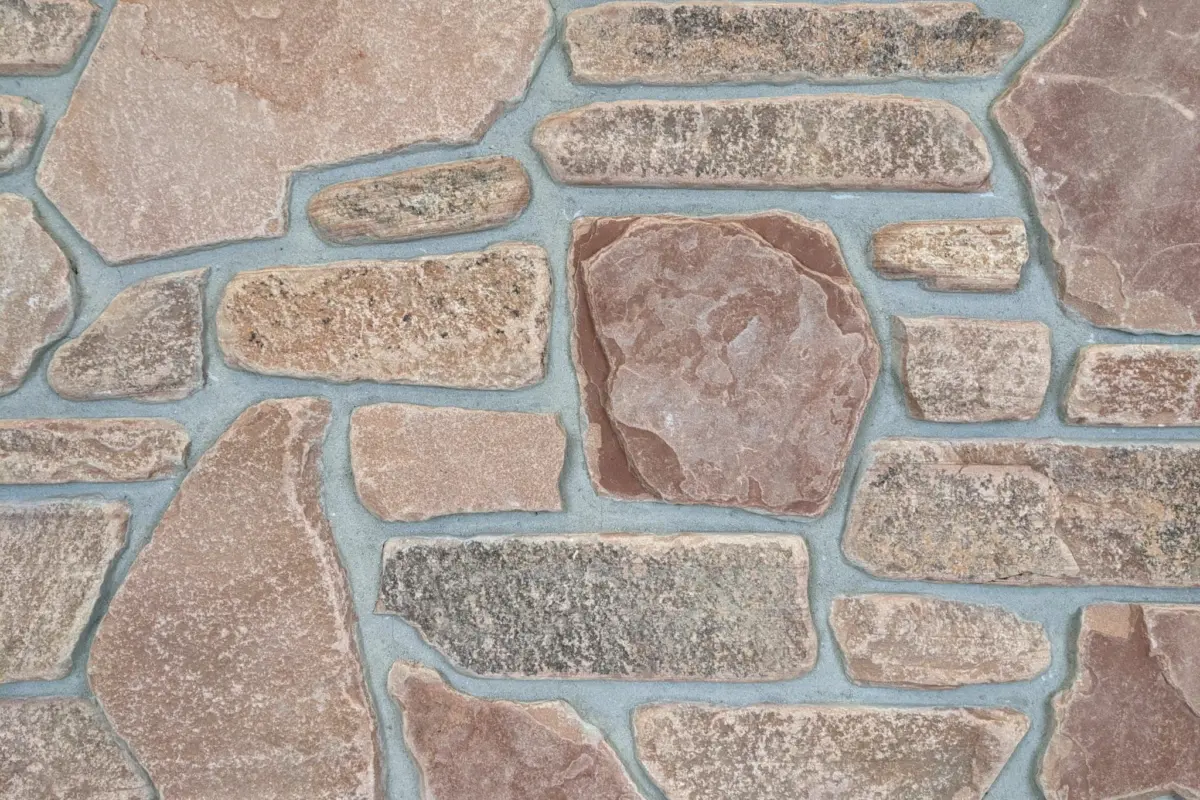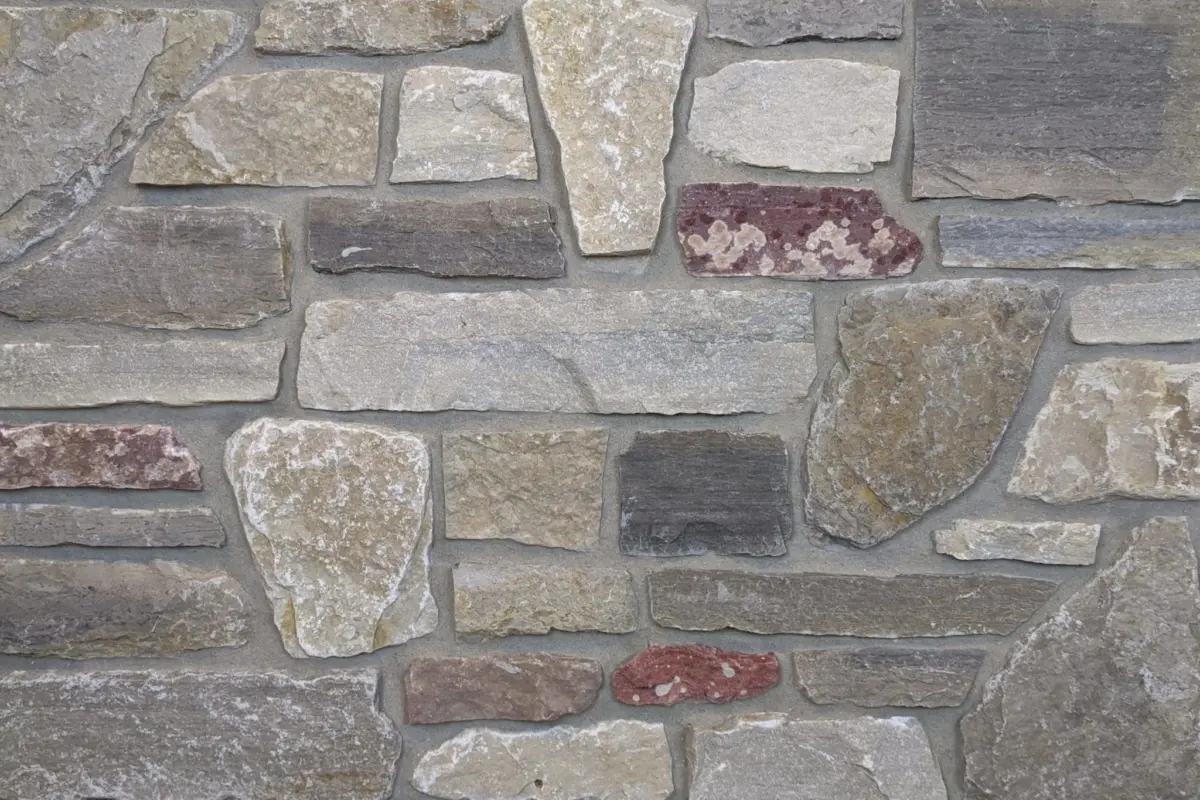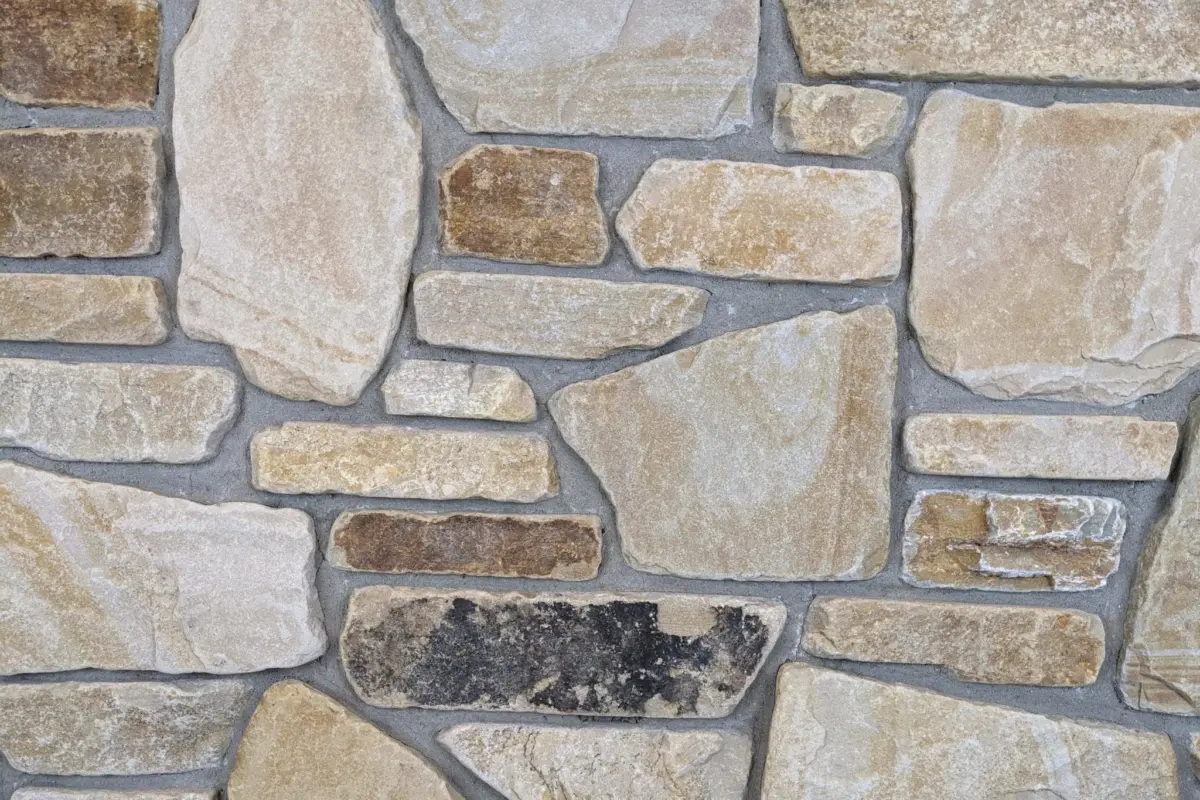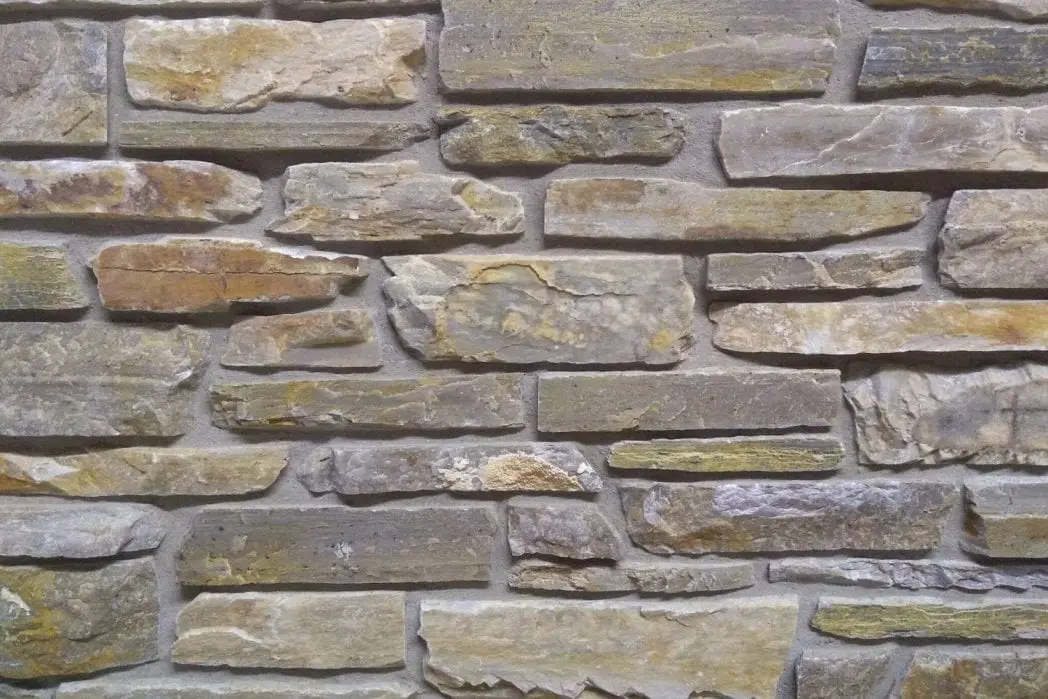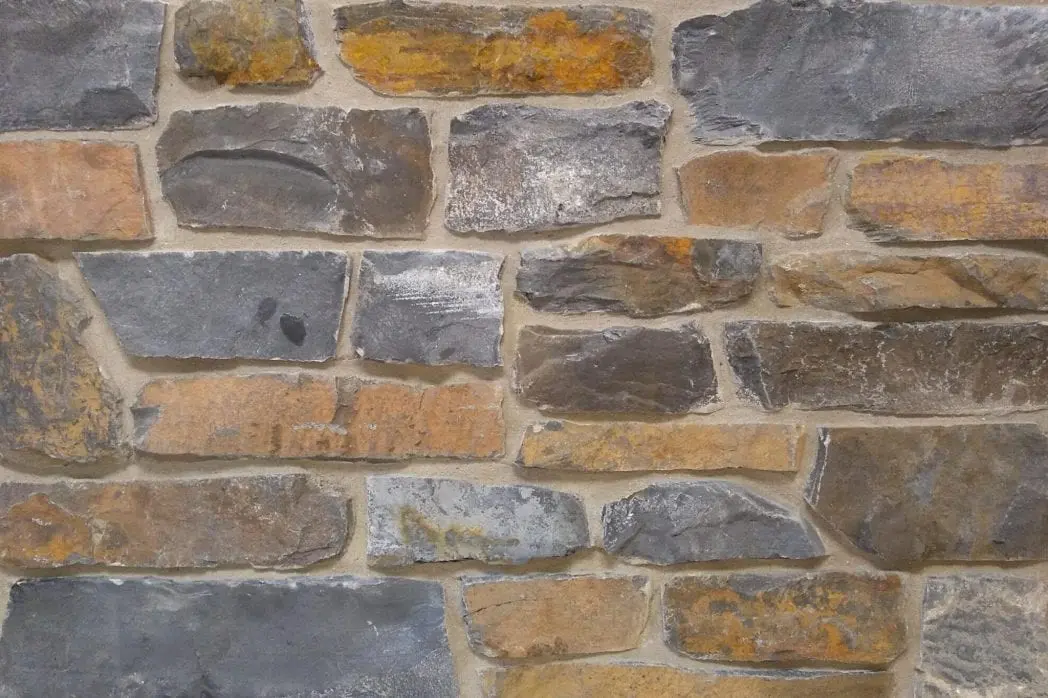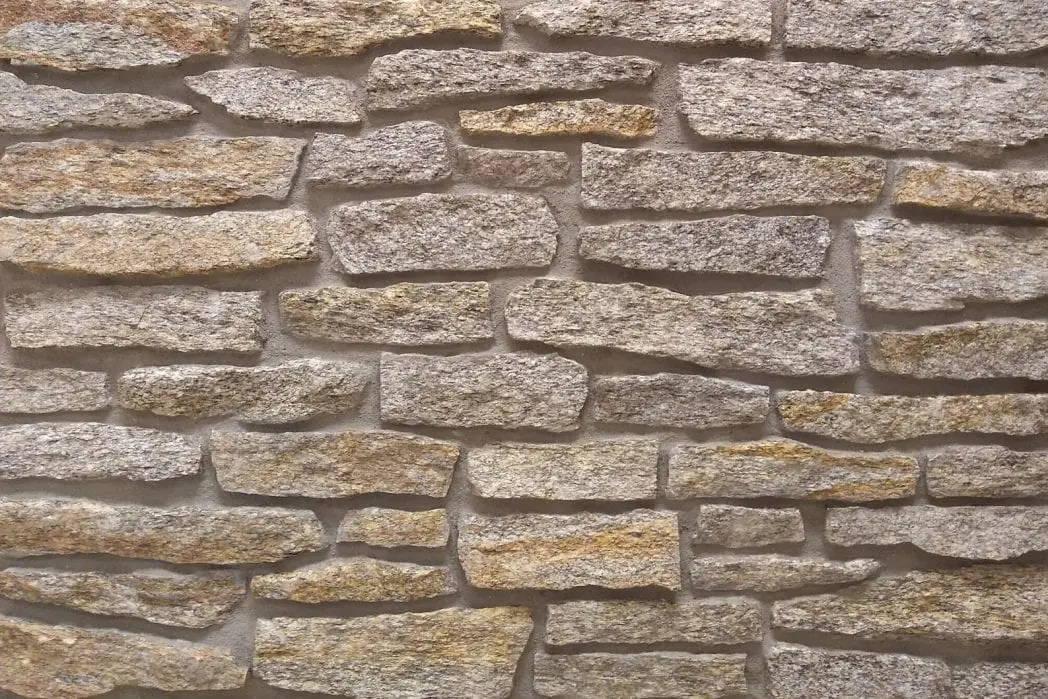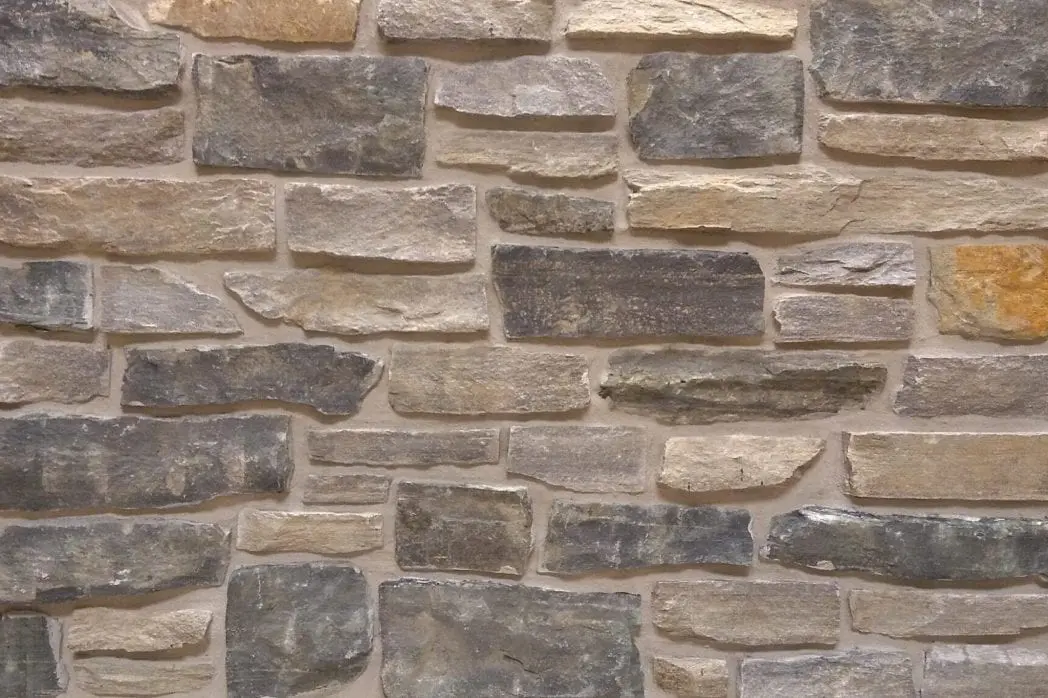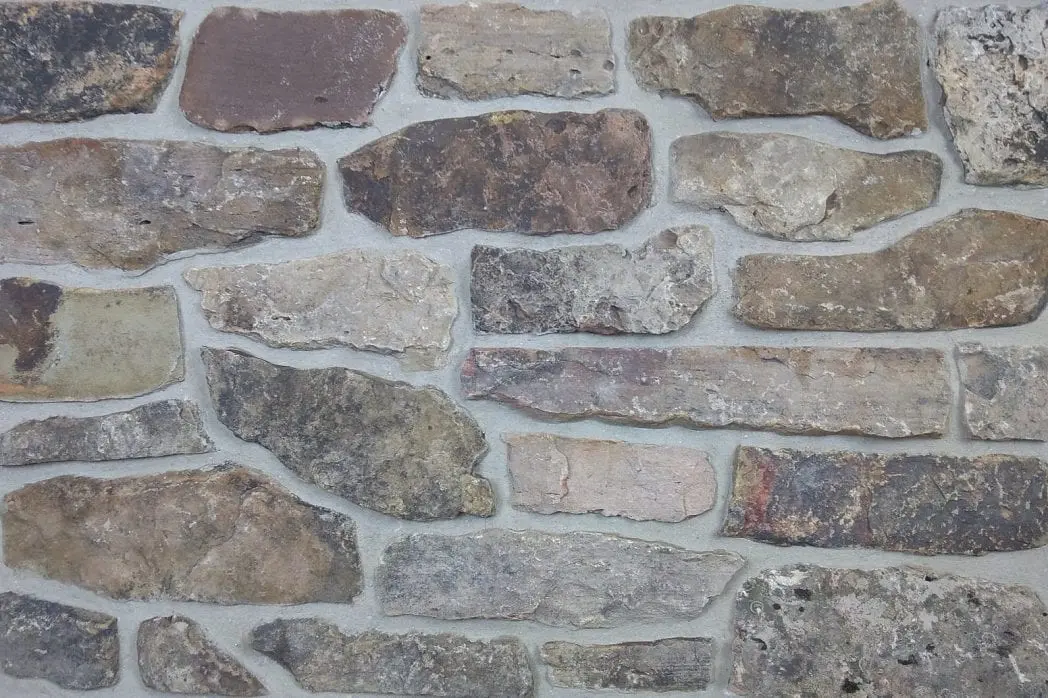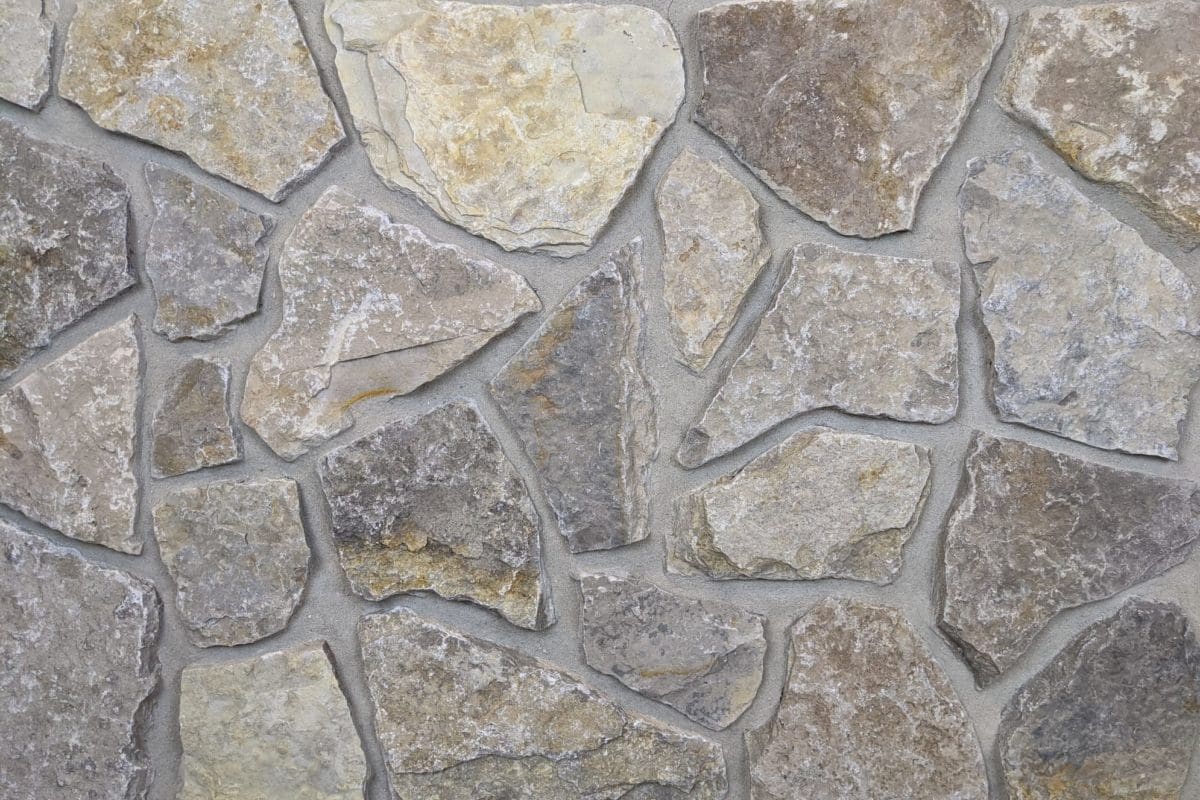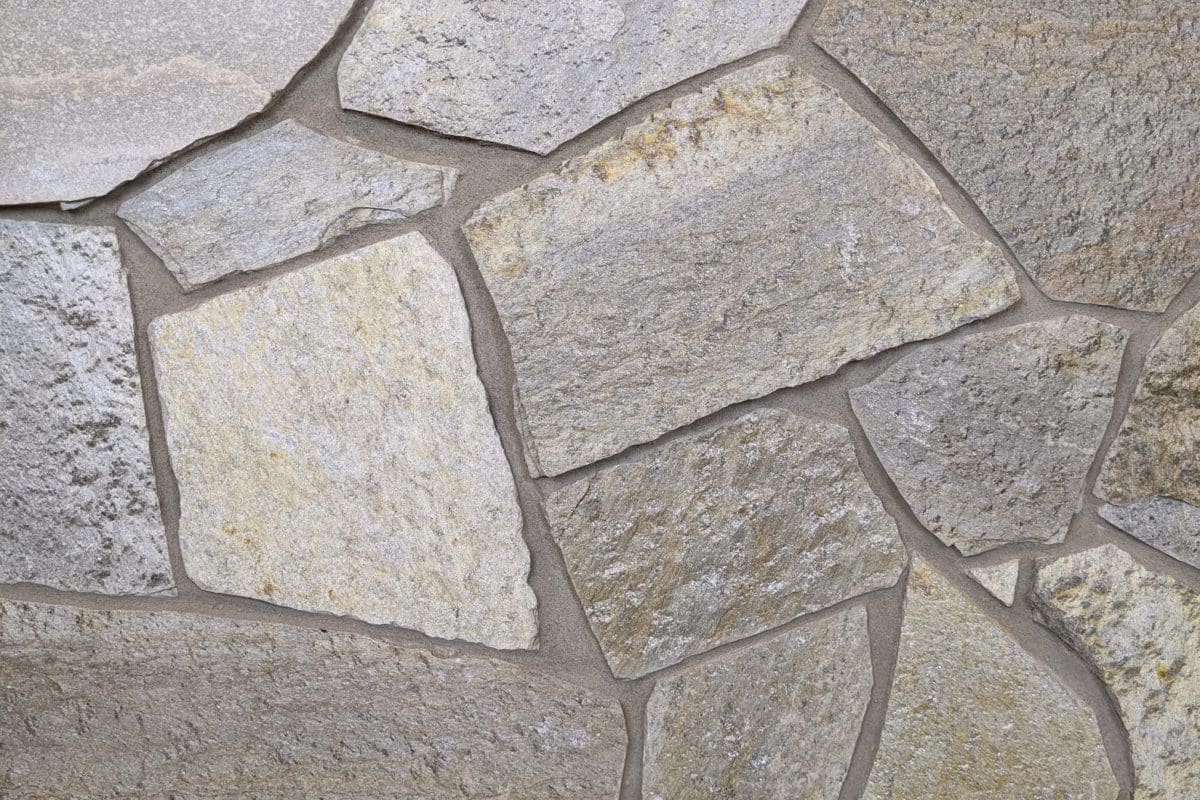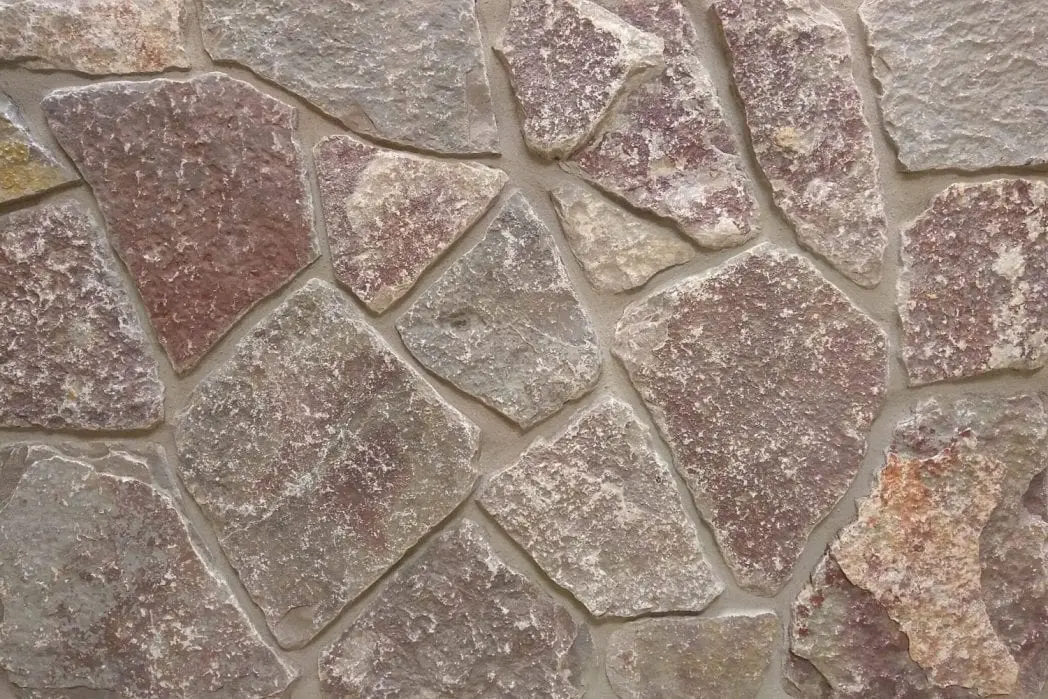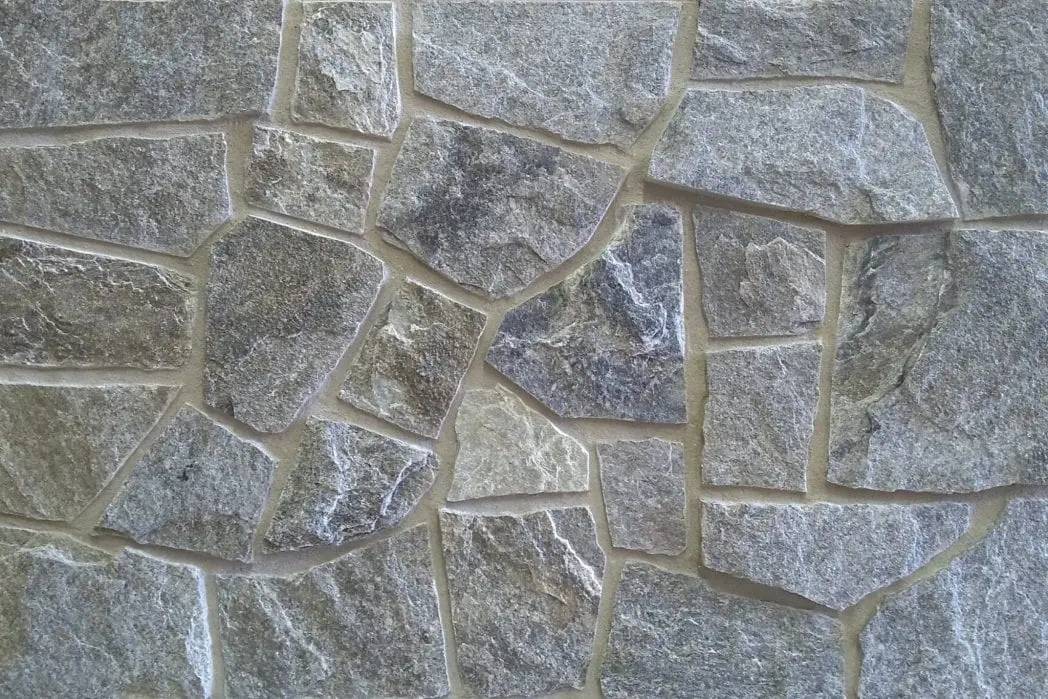Selecting Your
Masonry Contractor
This article includes things to consider when selecting your mason including price, workmanship, experience, and availability. Quarry Mill has a nationwide Masonry Contractor Library to help you locate and compare contractors in your area.
Selecting a masonry contractor is crucial to any natural stone veneer project. Finding the right mason can help ensure the success and longevity of your installation. A qualified and experienced mason should provide aesthetic appeal to your project, structural integrity, and adherence to your local building codes.
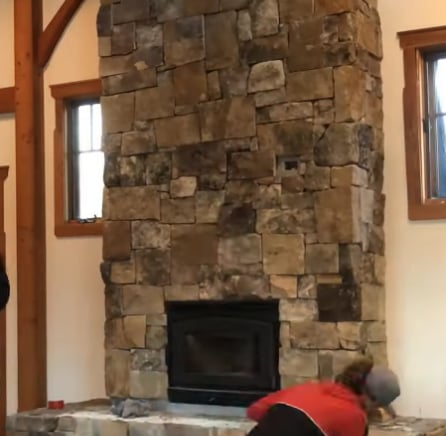
Interior fireplace installation
This timelapse video shows a professional masonry company installing an interior fireplace with a custom blend of Quarry Mill's Eagle River and Kodiak real stone veneer.
View videoPrice
Price is usually the first consideration for many people as masonry costs can vary widely. We regularly get questions from homeowners about the cost of natural stone installation. We recommend contacting several local masonry contractors with your project scope and stone selection to receive a price-per-square-foot bid. Some installation cost considerations include:
- Location– Your location can significantly influence the cost of labor. As a general rule of thumb, we recommend receiving a minimum of 3 quotes from different masonry contractors to get an idea of the price range for your area.
- Stone Style– The style of stone you choose makes a considerable difference in the install price. For example, large uniform pieces such as dimensional or castle rock stone can generally be installed the quickest. Smaller and/or irregular pieces such as mosaic or ledgestone styles can slow the installation process. To receive an accurate bid, we recommend selecting your natural stone veneer before requesting quotes from masons. You can view more information about stone styles below.
- Project Scope– The scope of the project can influence the price of installation. Stone projects can require varying degrees of prep work to get the structure ready for installation. Additional prep work, machinery, or cleanup can add additional costs to your installation.
- Skill and Experience– The skill and experience of your installer will probably make the largest contribution to the price differences you see among masons. We've typically seen the price of masons vary by a factor of three based on skill and experience.
Avoiding additional costs
Your stone style is a very important part of your natural stone install bids and ultimately the contract between you and your mason. We had a job where a mason quoted the homeowner a low square-foot price to install any stone. The homeowner chose a ledgestone and was told it would be significantly more than the initial quote to install his chosen stone. Providing the stone style and scope of your project when seeking bids and including this information in your contract can avoid this type of creeping bid.
Another common creeping cost we have seen homeowners run into is a mason who says they will start working and bill you by the hour. In our experience, professional masons know how many hours it will take to complete your project when they provide the bid.
Stone Styles
The style of stone you choose makes a considerable difference in the install price. Quarry Mill has over 400 natural stone veneers available in a range of stone styles. You can view our products sorted by stone style on our online shop.
View Shop-
Ashlar
Linear, semi-rectangular, medium sized pieces.
-
Castle Rock
Larger blocky rectangular pieces.
-
Cobblestone
Round, circular, irregular pieces.
-
Dimensional
Perfectly straight sawn top and bottom with larger heights than dimensional ledgestone.
-
Dimensional Ledgestone
Perfectly straight sawn top and bottom with shorter heights than standard dimensional.
-
Fieldledge
Think of this as a mix of ashlar and mosaic.
-
Ledgestone
Linear, semi-rectangular, smaller sized pieces.
-
Mosaic
Random and irregular shapes and sizes.
Ashlar
- Installed in a linear pattern
- Medium size pieces 3"-10" in height
- Used on large- and small-scale projects
- Medium to low installation cost
Ashlar is the most popular stone style as it is the broadest in terms of applications. The term ashlar generally refers to a stone with a range of heights that is laid in a linear pattern. Ashlar style stone has a traditional and timeless look.
The pieces of stone can range from approximately 3″-10″ and are considered medium in size. The pieces will typically have natural or snapped (mechanically split with a hydraulic press) edges. The ashlar pattern is suitable for both large- and small-scale projects. The ashlar style will have a medium to low installation cost relative to the other stone styles.
Selection of our products
View products in this styleCastle Rock
- Installed with a mortar joint
- Larger pieces 4"-12" in height
- Used on large scale projects
- Lower installation cost
The castle rock style is characterized by large rectangular pieces of stone. This style is also referred to as square-rectangular or square-rec for short. Castle rock style stones are almost always installed with a mortar joint between the pieces. .
The stone pieces can range from 4″-12″ in height. A few of our castle rock products will have some sawn edges, but they are typically snapped on all four sides. Snapped edges are created by breaking the stone with a hydraulic press. The castle rock style is most commonly found on large-scale exterior projects. Due to the large pieces, castle rock stones are on the low end of installation cost.
Selection of our products
View products in this styleCobblestone
- Rounded stone
- Various size pieces
- Used on large- and small-scale projects
- Medium to low installation cost
Cobblestones are a unique rounded style of stone. They are commonly used on lake houses or coastal homes. Cobblestones can also be referred to as river rock, boulders or round side out stone. The stone typically comes from glacial deposits or natural fieldstones. Cobblestones are collected by hand rather than quarried.
Cobblestones are well suited for both large and small projects. The stones always have a natural finish and are never tumbled. For masons who are comfortable with and have experience installing cobblestones, they are typically installed quickly and have a medium to low installation cost.
Selection of our products
View products in this styleDimensional
- Cut to specific heights and installed with a half-inch mortar joint
- Most common heights are 2.25", 5", and 7.75"
- Used on medium to large scale projects
- Lowest installation cost
Dimensional style refers to stones that have been sawn to specific heights. The most common heights are 2.25″, 5″ and 7.75″. For very large projects 10.5″ and 14.25″ heights can be added if desired. This stone is sometimes referred to as sawn height or tailored.
The stone is cut specifically for a half inch mortar joint. For example, two 2.25″ pieces with a half inch joint between them will perfectly align with a 5″ piece. A 5″ piece and a 2.25″ with a half inch joint will perfectly align with a 7.75″ piece. If drystacking (a tight fit mortarless installation) is desired, the stone can be cut into custom sizes, for example, 3″, 6″ and 9″.
With a natural finish, this stone has well defined lines and a formal look. The dimensional style is also very popular to tumble. The stone retains the same clean lines but the tumbling process gives an aged appearance. The set sizes typically make dimensional stone the least expensive style to install.
Selection of our products
View products in this styleDimensional Ledgestone
- Cut to specific heights and installed drystacked or with a mortar joint
- Smaller pieces 1"-6" in height
- Used on smaller scale projects
- Medium to high installation cost
Dimensional Ledgestone is very popular with modern design. The pieces of stone are smaller and have sawn heights of 1"-6" with sawn edges. This stone style is typically found on interior applications.
The stones can either be drystacked or installed with a mortar joint. Some of our Quarry Mill dimensional ledgestones are intended to be drystacked (a tight fit mortarless installation). If the product mock-up is shown as drystacked, it is intended for a drystack installation only. The drystacked products are specially cut in 2″, 4″ and 6″ heights and a mortar joint will throw off the clean lines.
Dimensional ledgestones are most commonly used on smaller scale walls due to the smaller heights of the pieces. Although they are sawn to set heights, the smaller pieces make for a slower installation and medium to high installation cost.
Selection of our products
View products in this styleFieldledge
- A mix of linear ashlar and irregular mosaic style pieces installed with a mortar joint
- Various heights
- Used on large- and small-scale projects
- Installation costs vary greatly depending on the masonry contractor
The fieldledge style is a mix of both ashlar and mosaic style pieces of stone. When looking at a finished fieldledge stone wall, you can see the loose linear pattern of ashlar stone among the irregular mosaic stone.
The fieldledge style is versatile and can be used on any application due to the various sizes of the pieces. Most commonly this style is installed with a mortar joint. The fieldledge style offers more flexibility for your mason to add one-of-a-kind installation with a personal touch. Installation costs can vary based on your mason's experience and preferences. It is critically important to choose the right mason and review photos of their previous work when selecting a fieldledge style stone.
Selection of our products
View products in this styleLedgestone
- Installed in a linear pattern drystacked or with a mortar joint
- Smaller pieces 1"-5" in height
- Used on smaller scale projects
- Highest installation cost
Ledgestone is categorized by the smaller heights of the pieces of stone. The stones range from approximately 1″-5″ in height and are laid in a linear pattern. Ledgestones are typically used on smaller scale walls, on fireplaces, or as wainscoting. The pieces of stone can appear visually busy if a wall is too large. The individual pieces of stone have natural edges and provide a marriage between rustic and contemporary aesthetics.
The ledgestone style can be installed with the standard half inch mortar joint or the pieces can be drystacked (tight fit mortarless installation). With a drystack installation you can expect an increase in both the mason's cost and the waste factor due to fitting the stones together. Regardless of the installation type, ledgestones are generally the most expensive to install because of the number of small pieces.
Selection of our products
View products in this styleMosaic
- Random shapes installed with a mortar joint
- Various heights
- Used on large- and small-scale projects
- Installation costs vary greatly depending on the masonry contractor
Mosaic stones are characterized by their natural and random shapes ranging from triangles to polygons. The mosaic style is also called irregular, webwall or webstone. The pieces of stone usually have all natural edges with minimal splitting or sawing
This style is primarily suited for large projects but is also commonly used on smaller applications such as fireplaces. We recommend an installation with a standard half-inch mortar joint as drystacking (tight fit mortarless installation) is labor intensive due to the irregular shaped pieces. Installation costs vary greatly by mason as some enjoy the flexibility while others prefer styles with standard application. Similar to fieldledge, it is critically important to choose the right mason and review photos of their previous work.
Selection of our products
View products in this styleWorkmanship
Quality and workmanship can vary significantly from mason to mason. Natural stone masonry can truly be considered artwork. Generally, the masons who have the best reputations will also be the most expensive. It is important to ask your mason for photographs from previous projects and reviews from other customers.
The quality of workmanship often varies by residential or commercial location. If you are working on a residential project for your home, we recommend finding a mason who primarily works on residential installs. For commercial masons, the artistic aspect of the job is not always a priority. Commercial projects can incentivize the speed of installation rather than the attention to detail most of our homeowners are looking for. Choosing the right mason will ensure your finished natural thin stone veneer project is stunning.
View our inspiration gallery
View our inspiration gallery for examples of our natural stone veneer installed on residential exterior, interior, outdoor living, and commercial projects.
View the gallery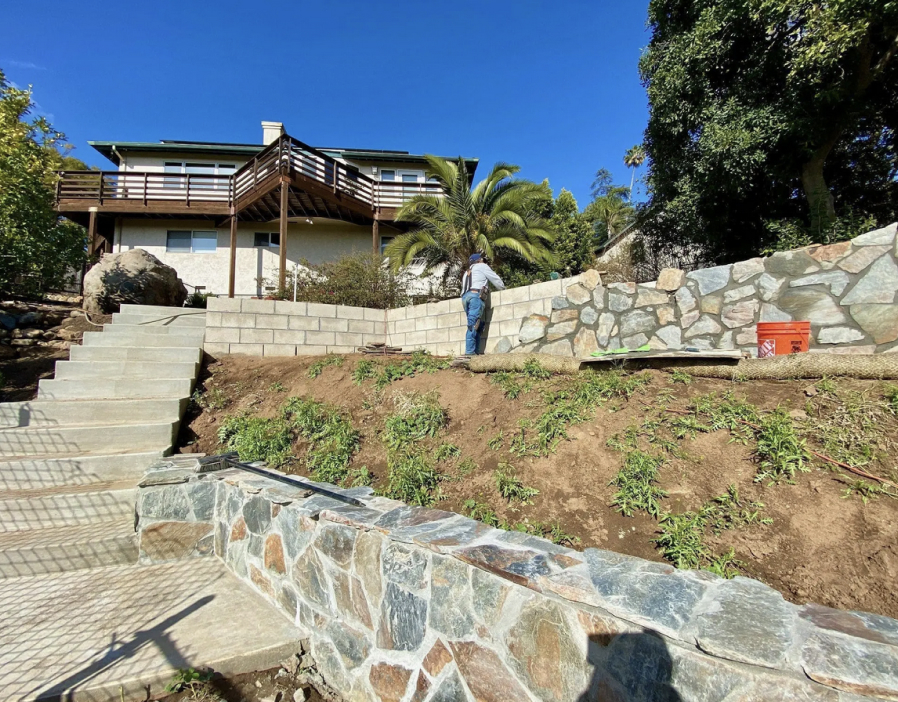
Experience
Masons differ not only in general masonry experience but also with specific stone styles. One of the most important questions to ask your mason is how much experience they have working with your specific stone style. You should also ask for any available photographs of their past projects using that stone style.
We've found most masons have a stone style they prefer working with and a style they tend to avoid. For example, if you are looking at our Camberly (ledgestone) natural thin veneer and your mason has a dozen ledgestone fireplaces to show you, this is probably a great fit. If you want that old-world irregular look of our Chateau (mosaic) natural stone, but your mason typically only does dimensional patterns, this is probably not the best fit.
Availability
It is important to note that good masons can be booked out months in advance. Planning your natural stone veneer project and getting on your mason's schedule far in advance can help save you delays down the road.
As a Midwestern-based company, the majority of our local homeowners want to start their natural stone projects the second spring hits or they push to get them done before winter comes. In our experience, good masons are generally very busy in the spring, summer, and fall. This is important to keep in mind when planning your project and can affect the installation price.
Summary
When choosing a masonry contractor for your natural stone veneer project, interview several masons in your area to get a range of prices. Identify the scope of your project and your stone style/specific stone while asking for bids. Consider the quality of the mason's work when reviewing bids. Look at past photographs of their work and inquire about lead times. Regardless of the masonry contractor you choose, make sure you have a contract that specifies the work and the specific stone veneer being installed. Our goal is to educate homeowners and avoid the few installation pitfalls we have seen over the years. Quarry Mill has a nationwide natural stone veneer installers database to help you find a local masonry contractor for your project.
View our national masonry library
View our national masonry library of real stone veneer installers to find and compare local masons for your Quarry Mill natural stone veneer project.
Find a Mason
